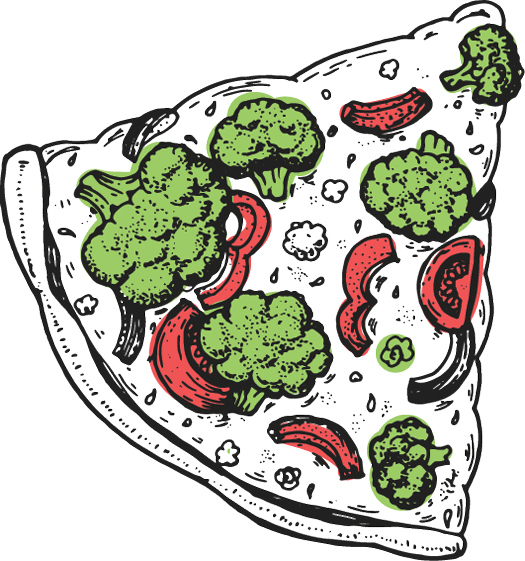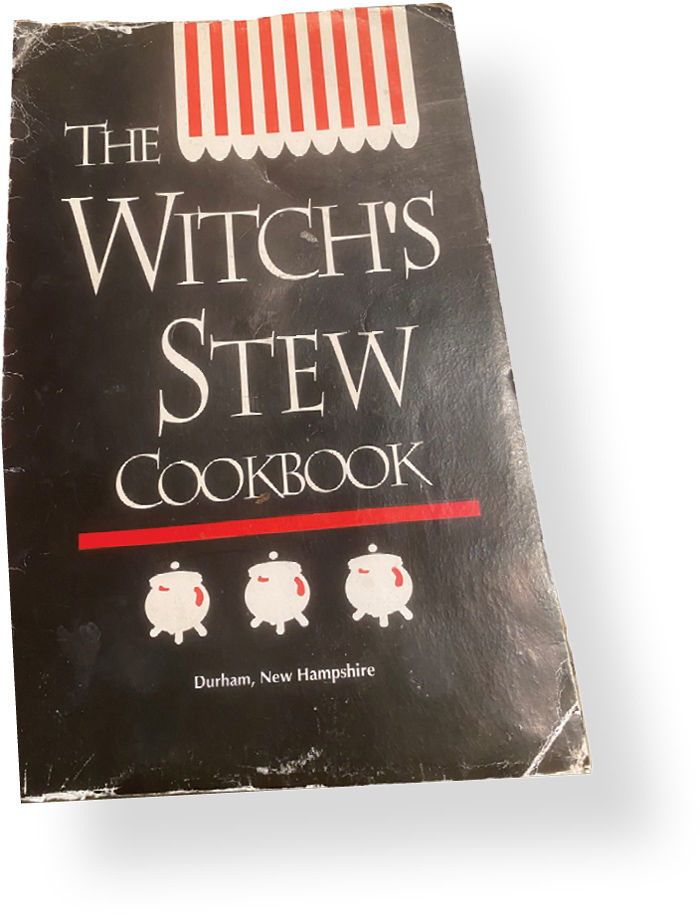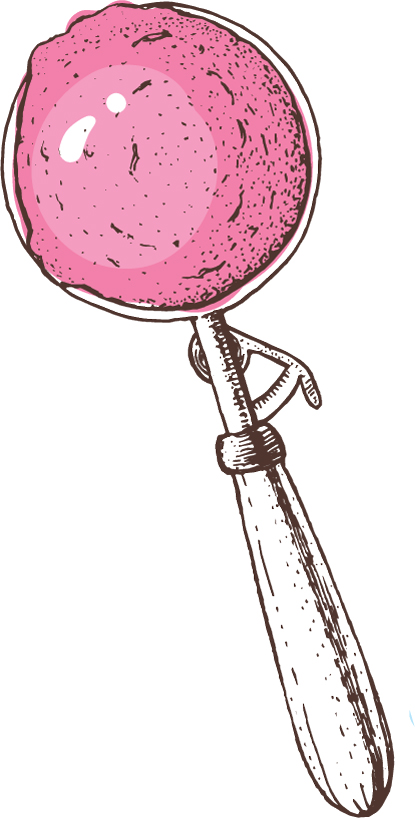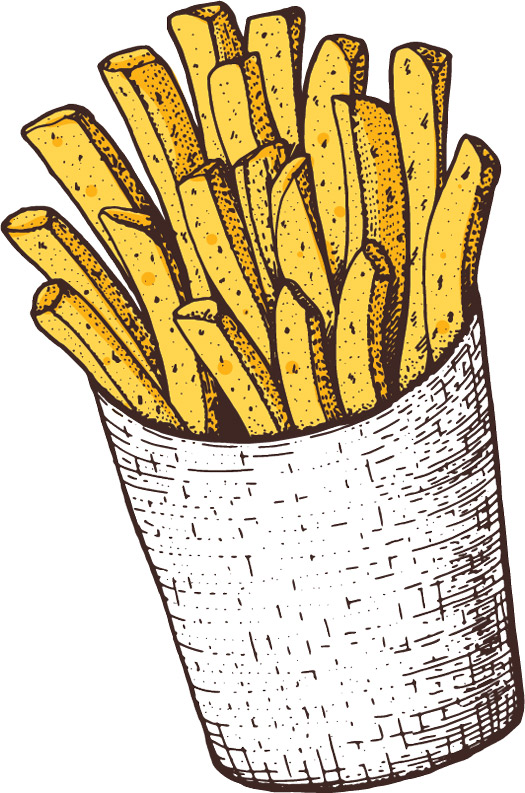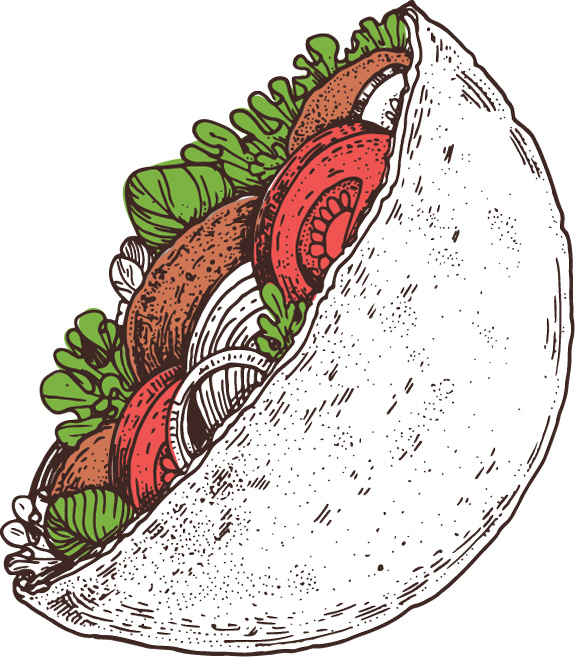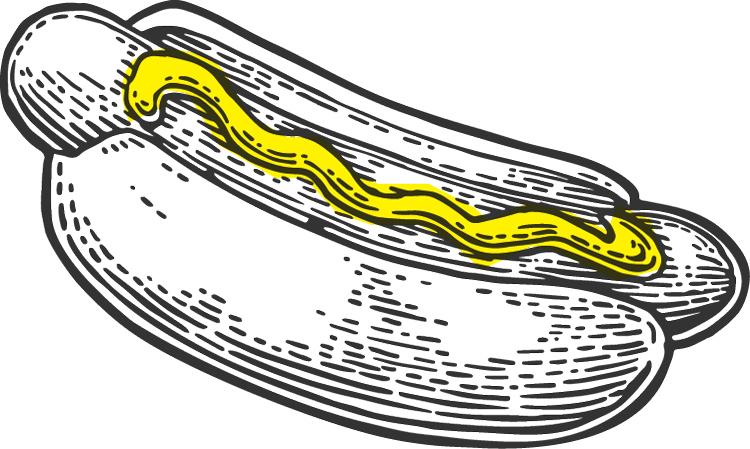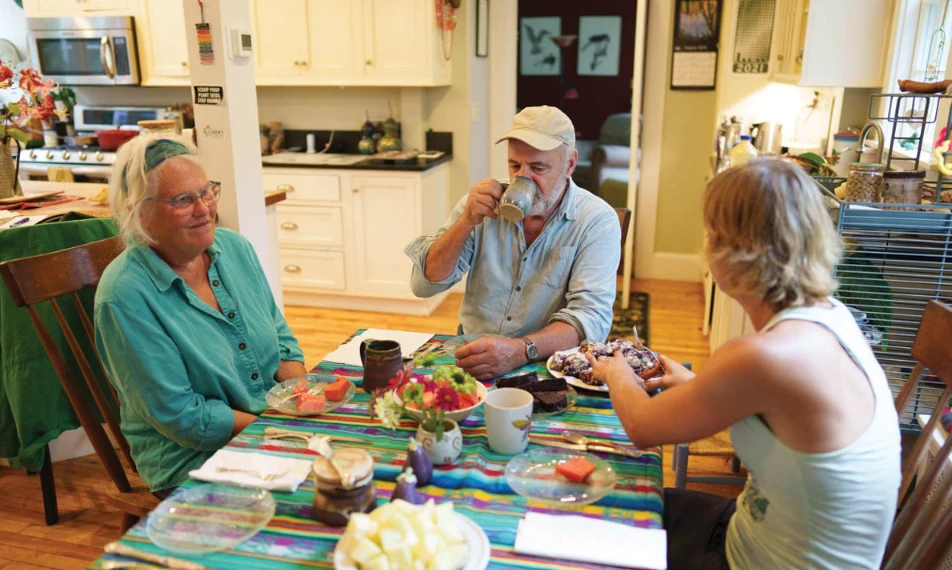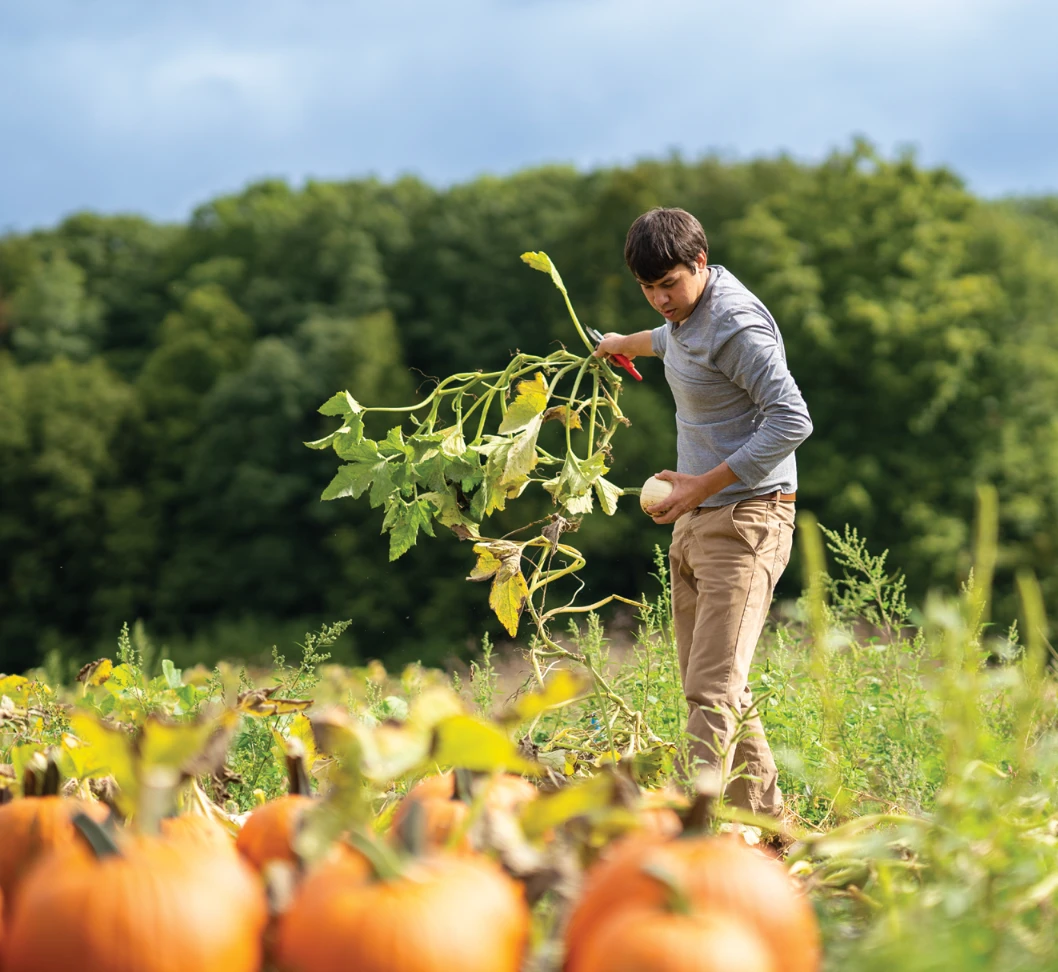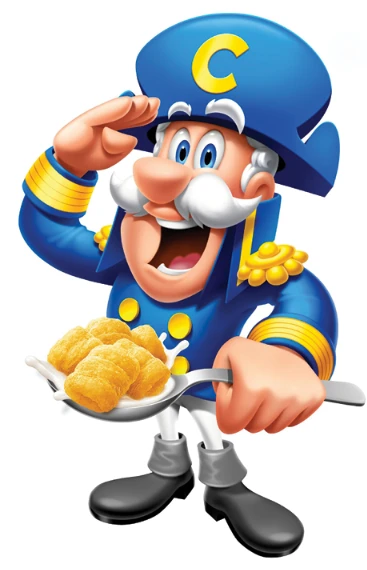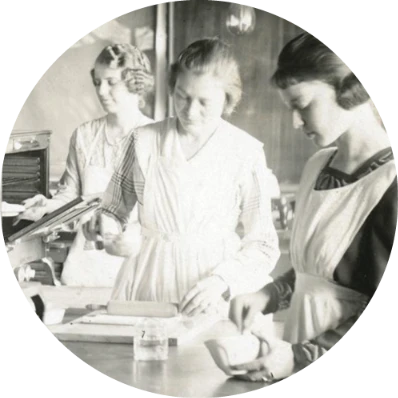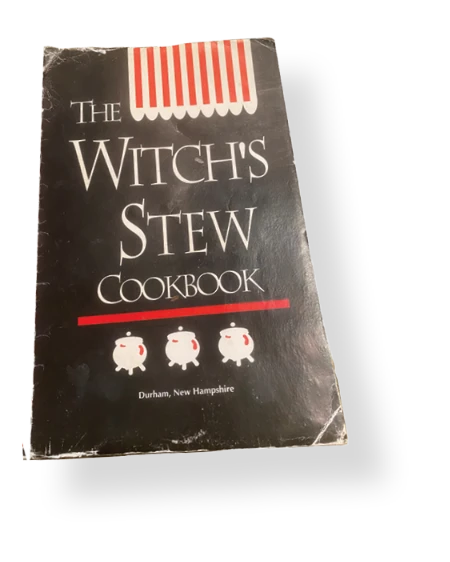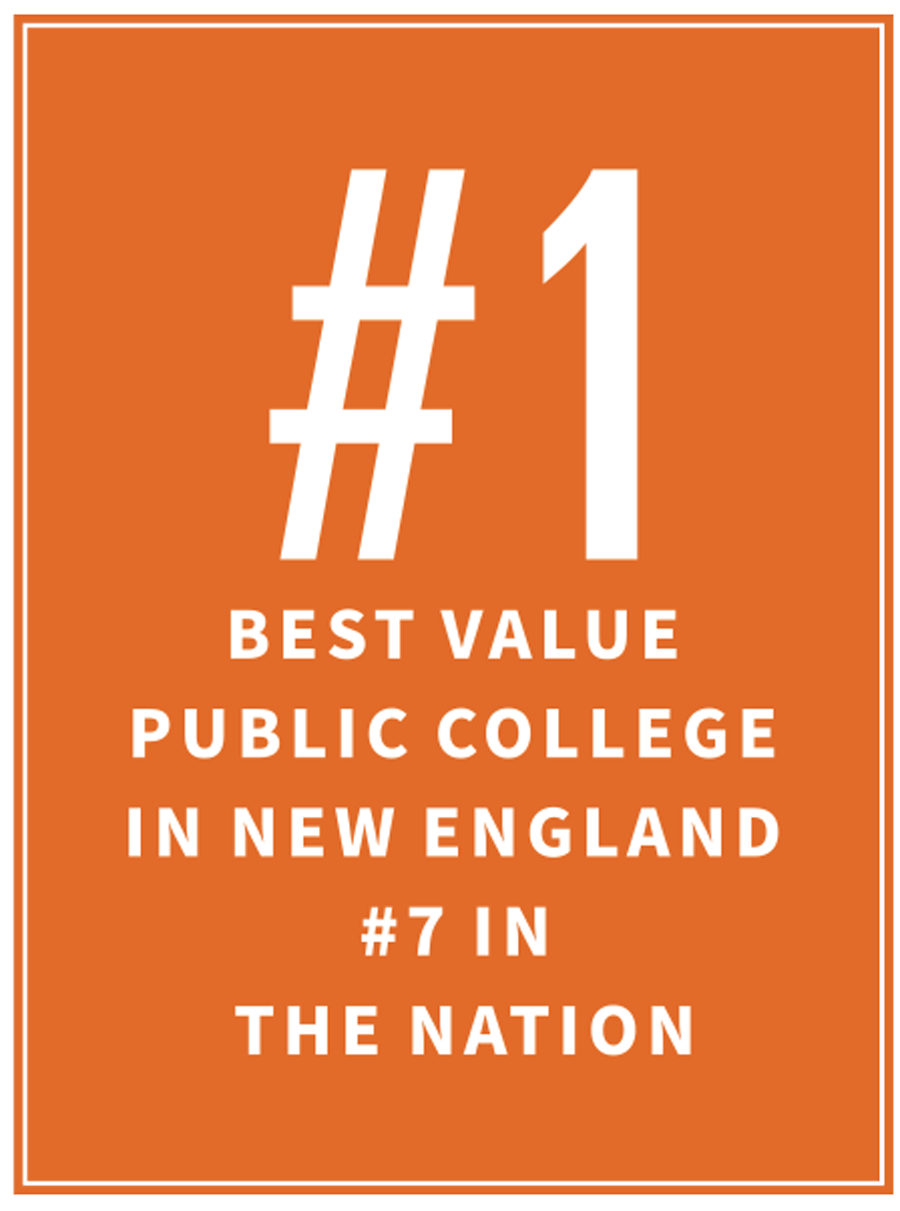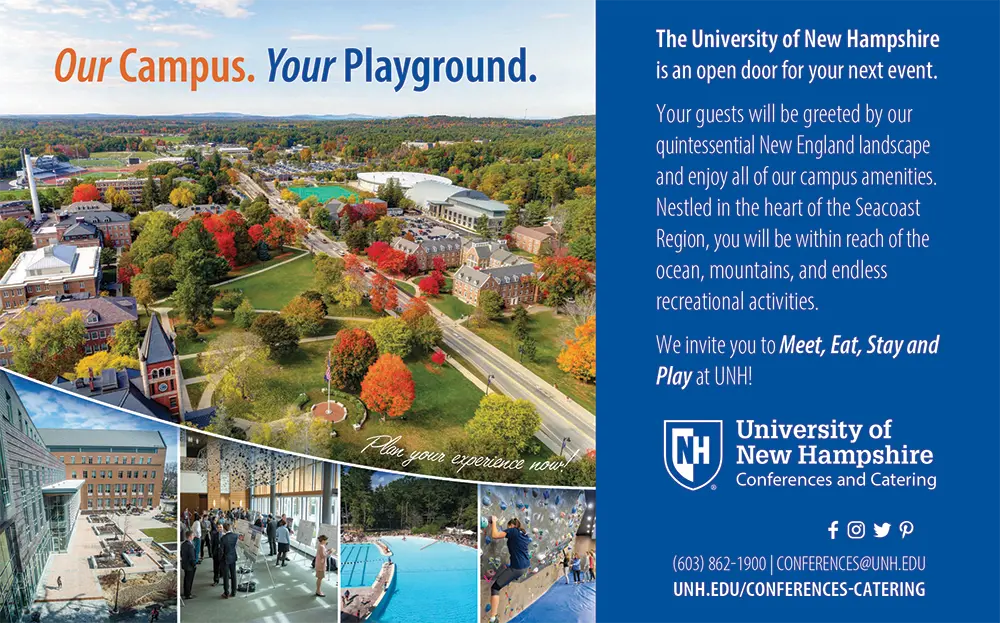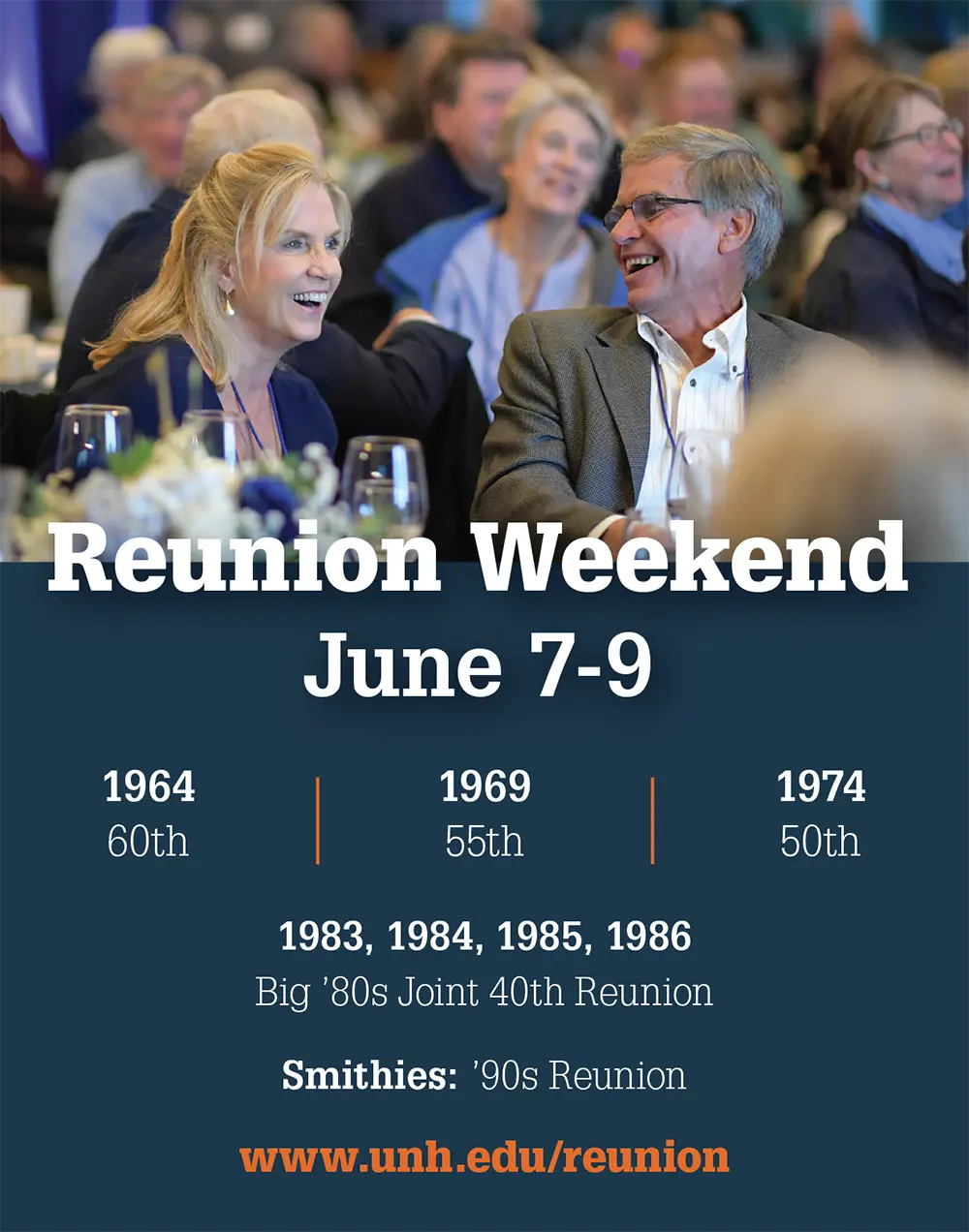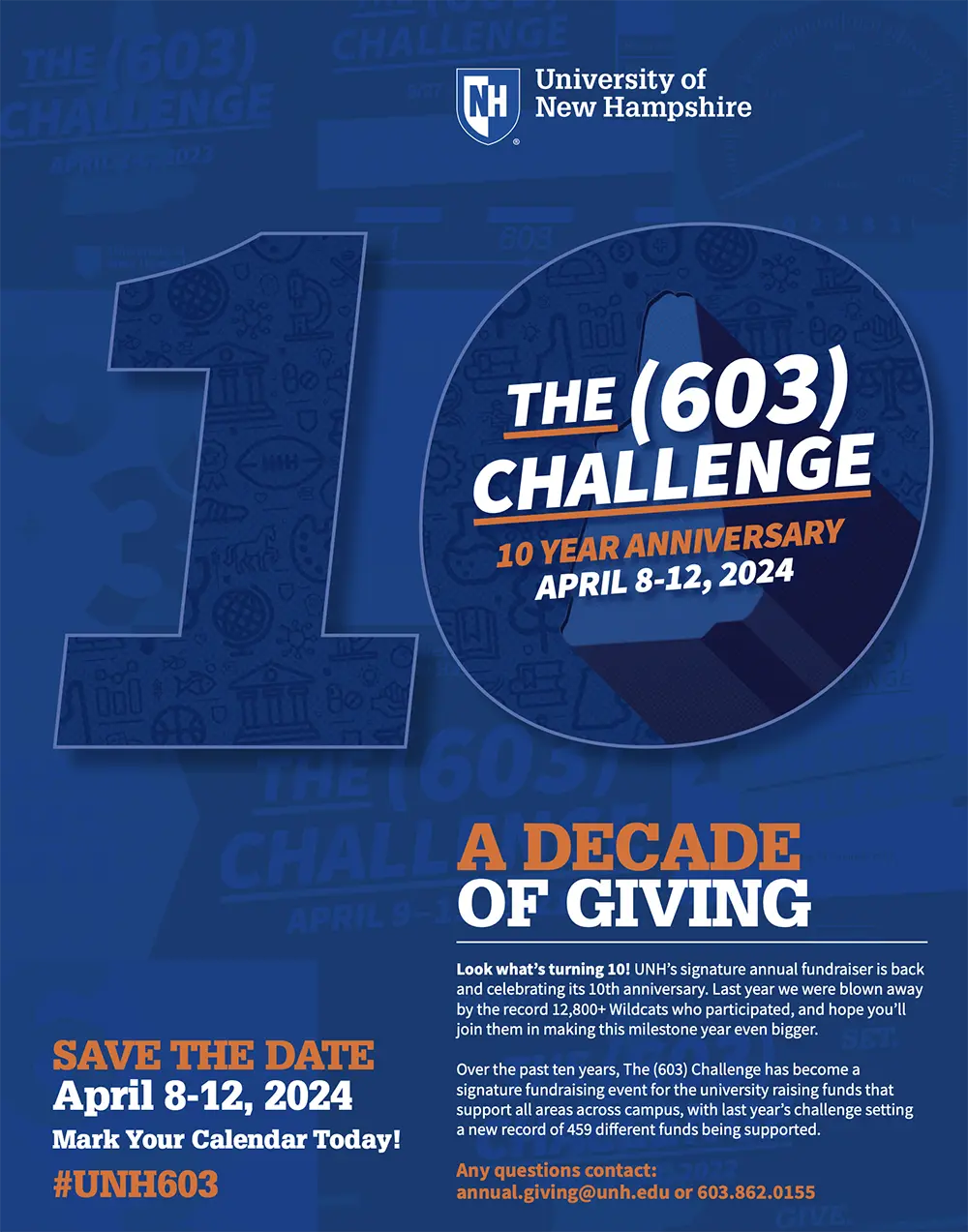UNH The Magazine of the University of New Hampshire | Winter 2024


Features
Outstanding Recent Graduate Award recipient
Departments

Michelle Morrissey ’97
Paul Briand ’75
Larry Clow ’12G
Nicholas Gosling ’06
Emma Joyce
Michelle Morrissey ’97
Beth Potier
Claire Sasko ’23G
Alyssa Duncan
Jeremy Gasowski
Jackie Ricciardi ’97
Joni Aveni
Monica Hamilton
Caitlin Abrams
Tim Briggs
Scott Ripley
Sarah Schaier
Keith Testa
David Vogt
Morgan Wilson
Lilly Pereira / aldeia.design
UNH Magazine
c/o Michelle Morrissey ’97
Elliott Alumni Center
9 Edgewood Road
Durham, NH 03824
UNH Magazine is published twice a year by the University of New Hampshire’s Advancement Office and the Office of the President. Its audience is made up of those most closely connected to the University: alumni, supporters, volunteers, parents, faculty, staff and others who are champions of UNH and its mission.
On the cover: We recreated the look of classic Karl’s snotties — cheese sauce, salty fries and (not seen in this picture) the red-striped containers they came in.
Cover photo: Jeremy Gasowski
© 2024, University of New Hampshire

Disclaimer: This isn’t everything on the menu
Oh, and I should have mentioned this upfront — spoiler alert: gratuitous food puns will be used throughout this column … you’ve been warned.
Current
See story.
Current
The Oyster Is Their World
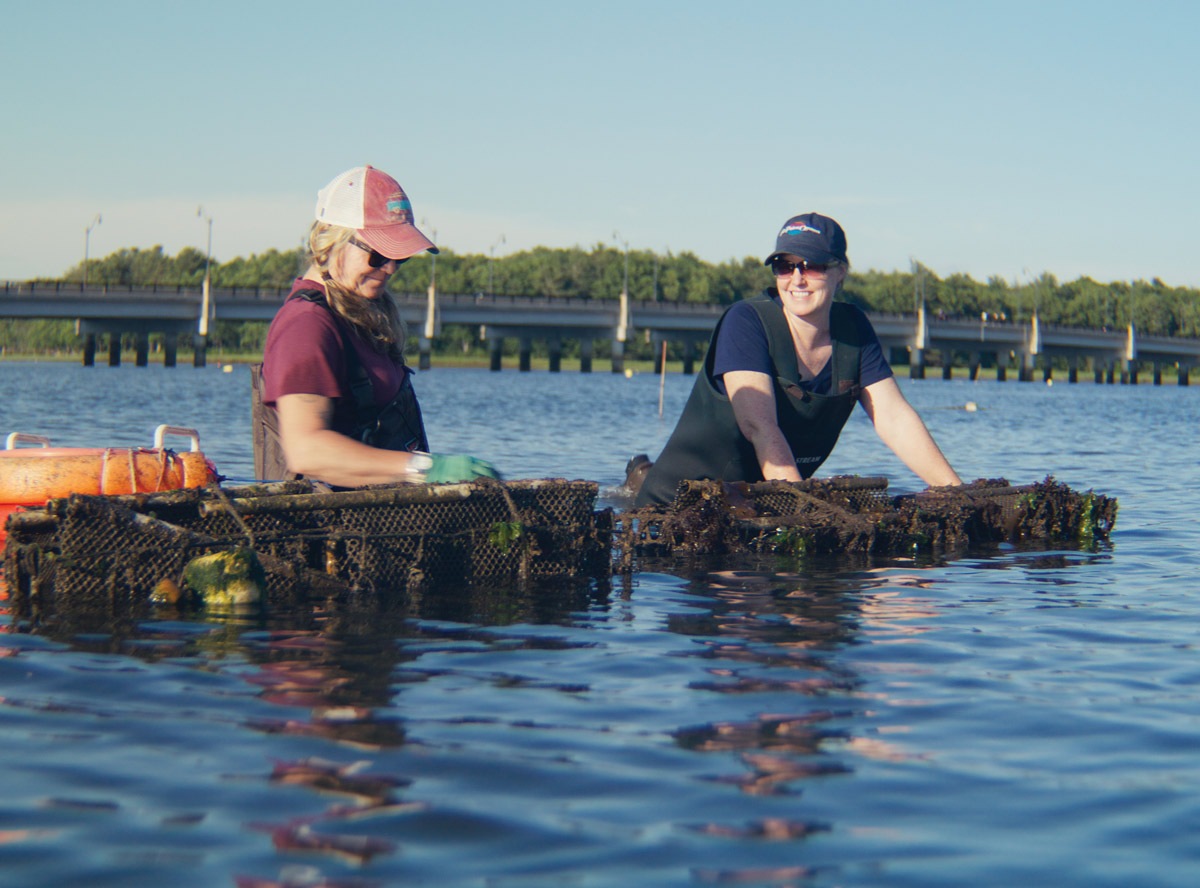
Ward’s Choice Oysters is one of 11 commercial oyster farms in the Great Bay Estuary; her sister, Laura Brown, operates another, Fox Point Oysters. In 2022, oyster farmers in New Hampshire (there’s one additional farm in the Hampton-Seabrook Estuary) harvested 821,157 oysters; since 2013, the value of oyster aquaculture in New Hampshire has grown more than 1,000 percent, according to New Hampshire Sea Grant.
UNH CLIMBS THE RANKINGS
The University of New Hampshire had multiple online programs recognized in the U.S. News & World Report rankings of best online programs recently.
UNH’s College of Professional Studies (CPS) was named No. 57 among Best Online Bachelor’s Programs, No. 39 for Best Online Bachelor’s for Veterans, No. 35 for Best Graduate Business Programs for Veterans and No. 105 for Best Online Graduate Business Program.
The online MBA program in Peter T. Paul College of Business and Economics was tops in the Granite State and tied for fourth-highest ranked in New England. Paul College also ranked No. 39 for Best Online MBA for Veterans.
The latest rankings come on the heels of UNH being named the No. 7 “Best Value” public university in the country, and maintained its position as the No. 1 best value public college in New England, according to the U.S. News & World Report Best College rankings released last fall.
UNH CLIMBS THE RANKINGS
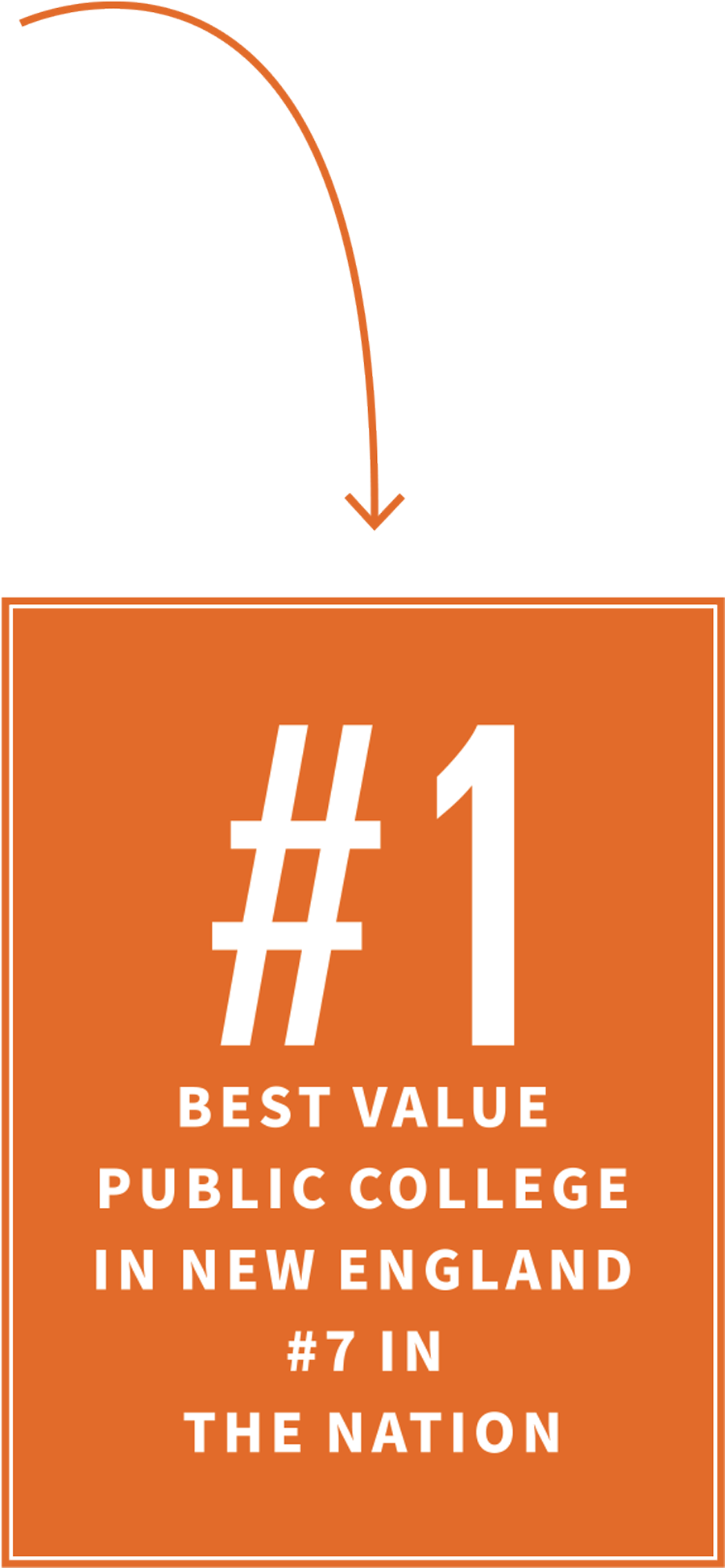
The University of New Hampshire had multiple online programs recognized in the U.S. News & World Report rankings of best online programs recently.
UNH’s College of Professional Studies (CPS) was named No. 57 among Best Online Bachelor’s Programs, No. 39 for Best Online Bachelor’s for Veterans, No. 35 for Best Graduate Business Programs for Veterans and No. 105 for Best Online Graduate Business Program.
The online MBA program in Peter T. Paul College of Business and Economics was tops in the Granite State and tied for fourth-highest ranked in New England. Paul College also ranked No. 39 for Best Online MBA for Veterans.
The latest rankings come on the heels of UNH being named the No. 7 “Best Value” public university in the country, and maintained its position as the No. 1 best value public college in New England, according to the U.S. News & World Report Best College rankings released last fall.
GOOD TO KNOW
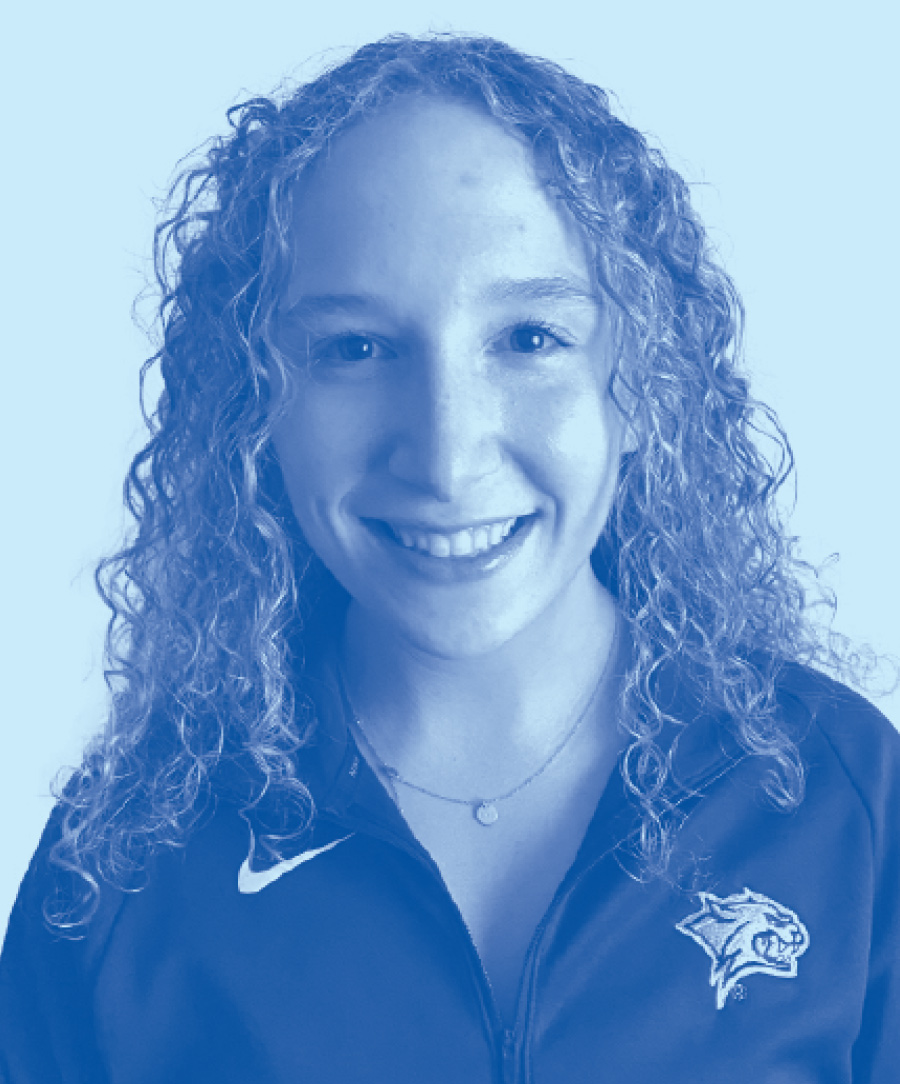
Kaidy Cornell earned her bachelor’s in nutrition and dietetics from UNH in 2019 and a master’s in food and nutrition sciences from the University of Rhode Island in 2021.
So take it from her: if you’re trying to eat healthier, make sure you’re eating enough. Well, that’s at least true if you’re a competitive college-level student-athlete (maybe not so true for any of us who sit in front of a computer most days).
In her role as UNH’s director of sports nutrition, she’s responsible for helping some 500 student-athletes reach their peak performance while maintaining healthy routines and habits. She says the most common food issue for athletes is that they’re undereating — not realizing how many calories they should consume each day during their athletic seasons.
“There’s usually very little sports nutrition at the high school level, so some student-athletes come to college with a mindset of limiting what they eat, not realizing how much energy or what types of energy they really need to be consuming,” she says.
Breeding Success
Blonde Beauty. Sugar Cube. First Kiss. Smooth Operator.
No, these aren’t pop song titles or lipstick shades: They’re seed names of squashes, pumpkins and melons — vining plants collectively known as cucurbits. They’re also among the 80-plus varieties of cucurbits bred by UNH during the past 60 years.
Those six decades make UNH’s cucurbit breeding program the nation’s longest running. The seeds to those tasty veggies, licensed to gardener-favorite companies like Johnny’s Selected Seeds or High Mowing Organic Seeds, have earned UNH $1.6 million in royalties since 2015.
The Loy Legacy
J. Brent Loy, professor emeritus and longtime NH Agricultural Experiment Station researcher, considered the father of UNH’s renowned breeding program, traced his love of plants and agriculture to his childhood in Utah. There, he planted and tended his own vegetable gardens from a young age and, as a teenager, worked on a local truck farm before and after school. After earning advanced degrees in genetics and horticulture, he came to UNH in 1967, where he taught classes in plant genetics and reproduction and vegetable production and mentored many graduate and undergraduate students.
In 2011, Loy was named the inaugural UNH Innovator of the Year for his research and its impact on the university’s commercialization efforts. The award, thereafter, was named the J. Brent Loy Innovator of the Year Award.
Waste Not
The university’s composting program, which has been around since the mid-1990s, starts in UNH’s dining halls, where the emphasis is on reducing the overall waste streams by providing tools and information that minimize pre- and post-consumer waste (i.e., the amount of waste returned on diners’ plates and trays). Some of these methods include purchasing denuded (fat-trimmed) beef and growing some of the produce right on campus, including at two high tunnels managed by the Farm to YoU NH program. On the post-consumer side, methods include signage that encourages the importance of portion control to reducing waste, the use of serving spoons that are sized for single portions of the food they dish out and the Wildcat Plate with information on portion sizes.
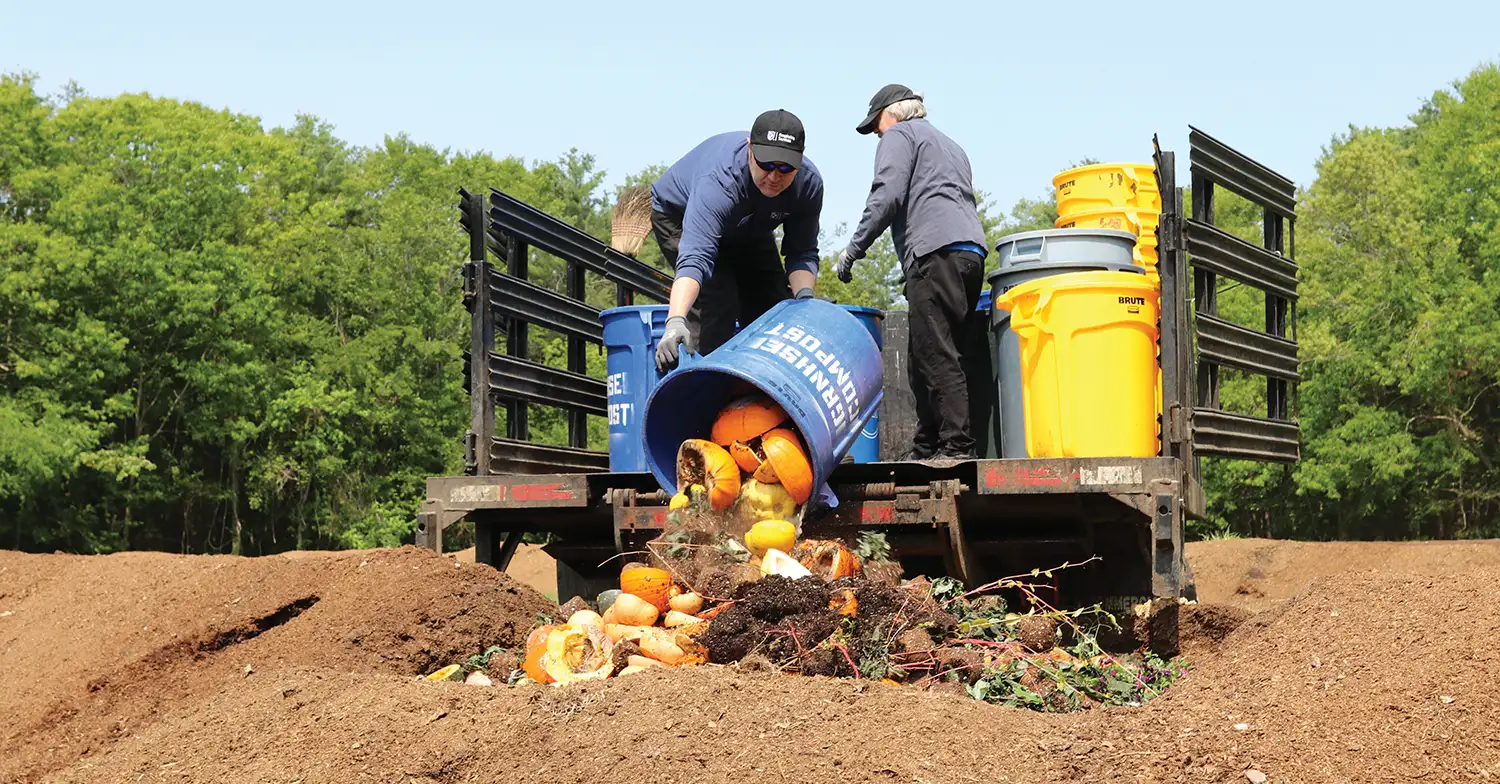
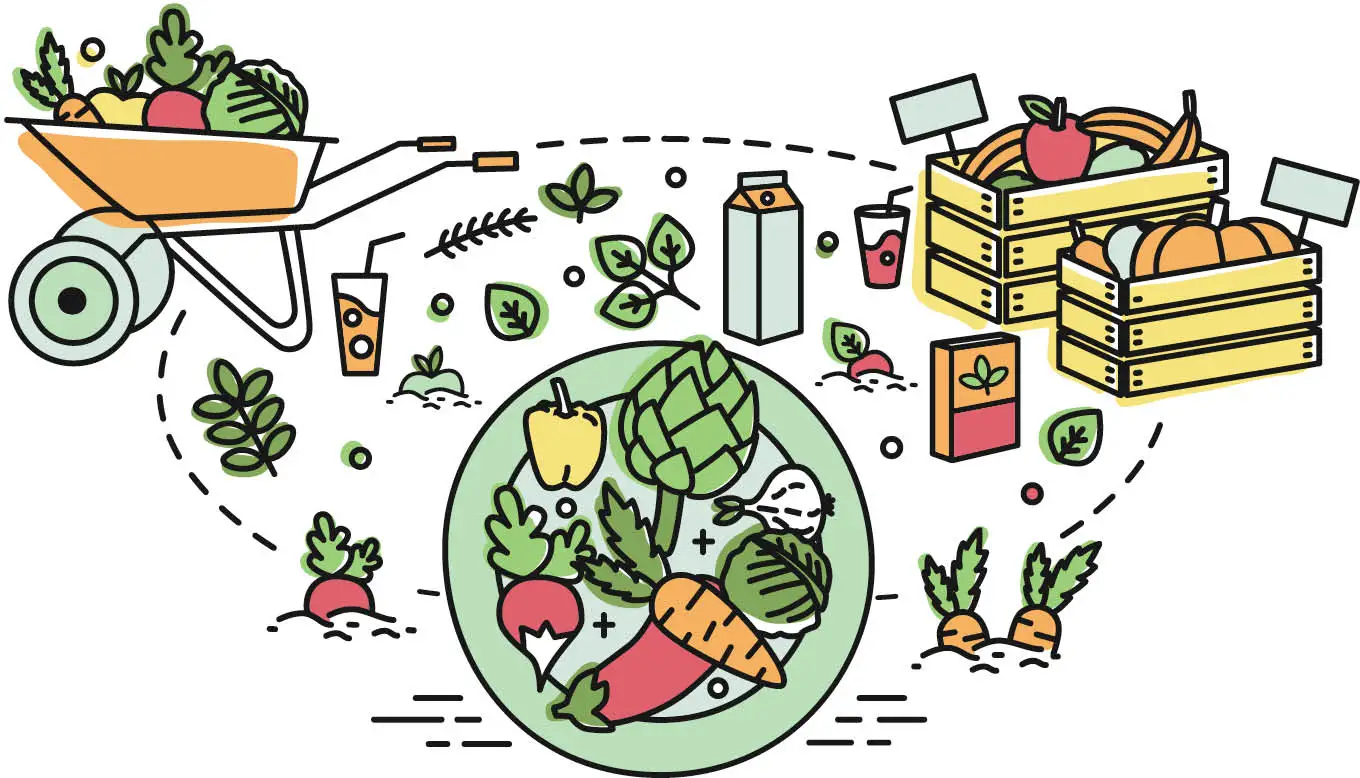
EcoGastronomy shows full picture
It’s EcoGastronomy, a course of study at UNH that has seen growing popularity since its inception more than a decade ago, as everyone seems to be paying more attention not only to what’s on their plates, but how it got there.
The program, a collaboration between Paul College, the College of Life Sciences and Agriculture and the Sustainability Institute, is offered as a dual major to students from any college. It combines gastronomy — preparing and eating good food — with factors that affect that food: social, economic, political and ethical issues associated with food production. There is also an international study component.
Recent grad says internship was a good career ‘try-on’

During the summer following her freshman year, Papadakis participated in the Hamel Center’s Research Experience and Apprenticeship Program (REAP), designed for first-year honor students. Her goal was to get a better handle on food systems through research.
The following spring, Papadakis signed on with the UNH Sustainability Institute’s Changemaker Collaborative Semester in the City program to do an internship in Boston, working in the public policy department at the anti-hunger organization Project Bread.
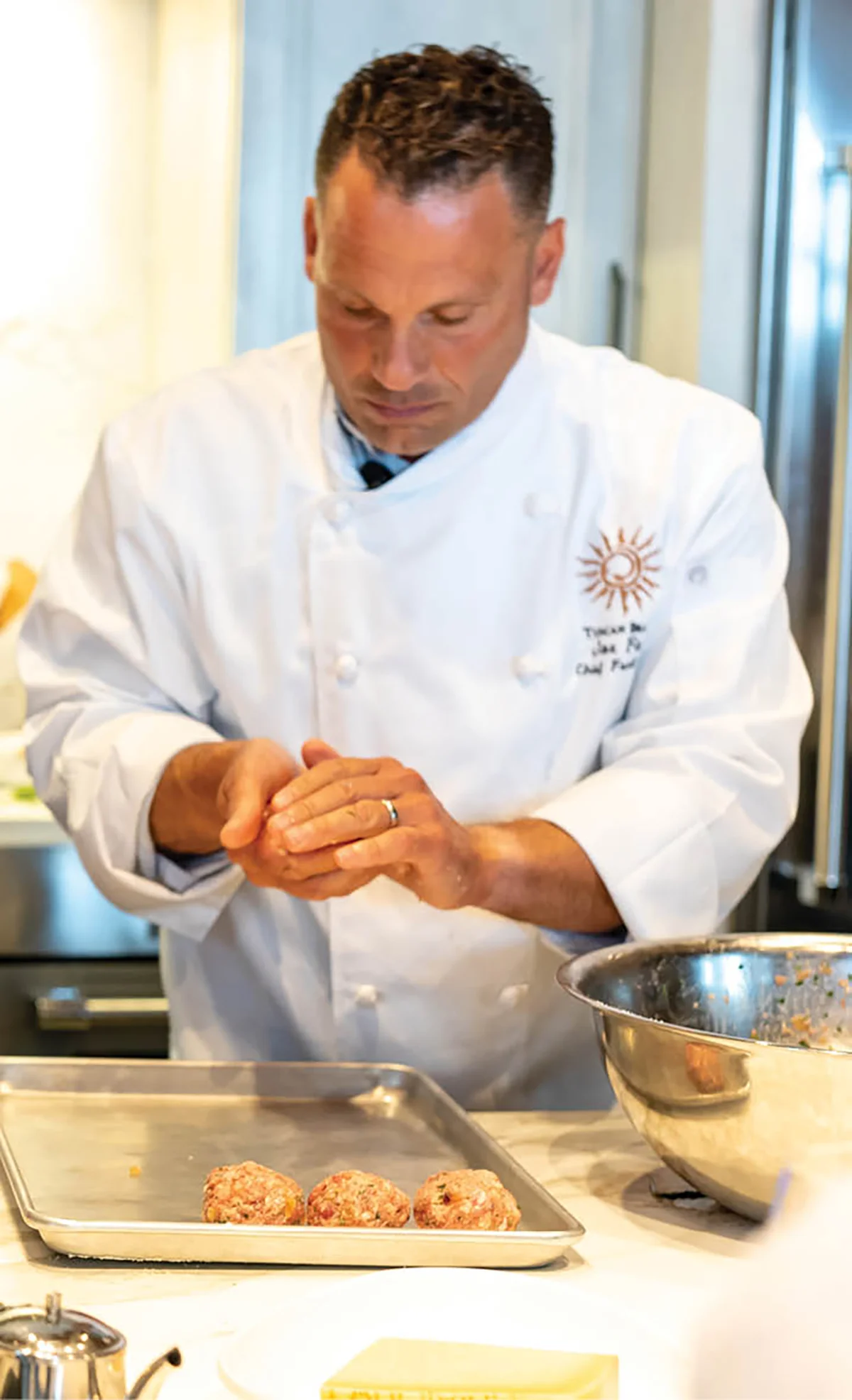

Sauce Boss
His Tuscan Brands empire, like so many successful ventures, began with an idea. During his senior year at UNH, Faro took second place in the Holloway Prize Competition, which awards entrepreneurs and innovators with cash prizes to help bring their business ideas to market.
Faro’s idea? Joseph’s Gourmet Pasta and Sauce. He took that academic endeavor and turned it into culinary gold: Launching it out of his parents’ attic based on his experience cooking with his very Sicilian and very culinary family as a youngster, and eventually selling the business to food giant Nestlé in 2006.
Always thinking bigger, Faro began yet another venture four years later: opening Tuscan Kitchen and Tuscan Market in Salem, which now has franchises in Boston and Burlington, Massachusetts.
CRUNCH TIME
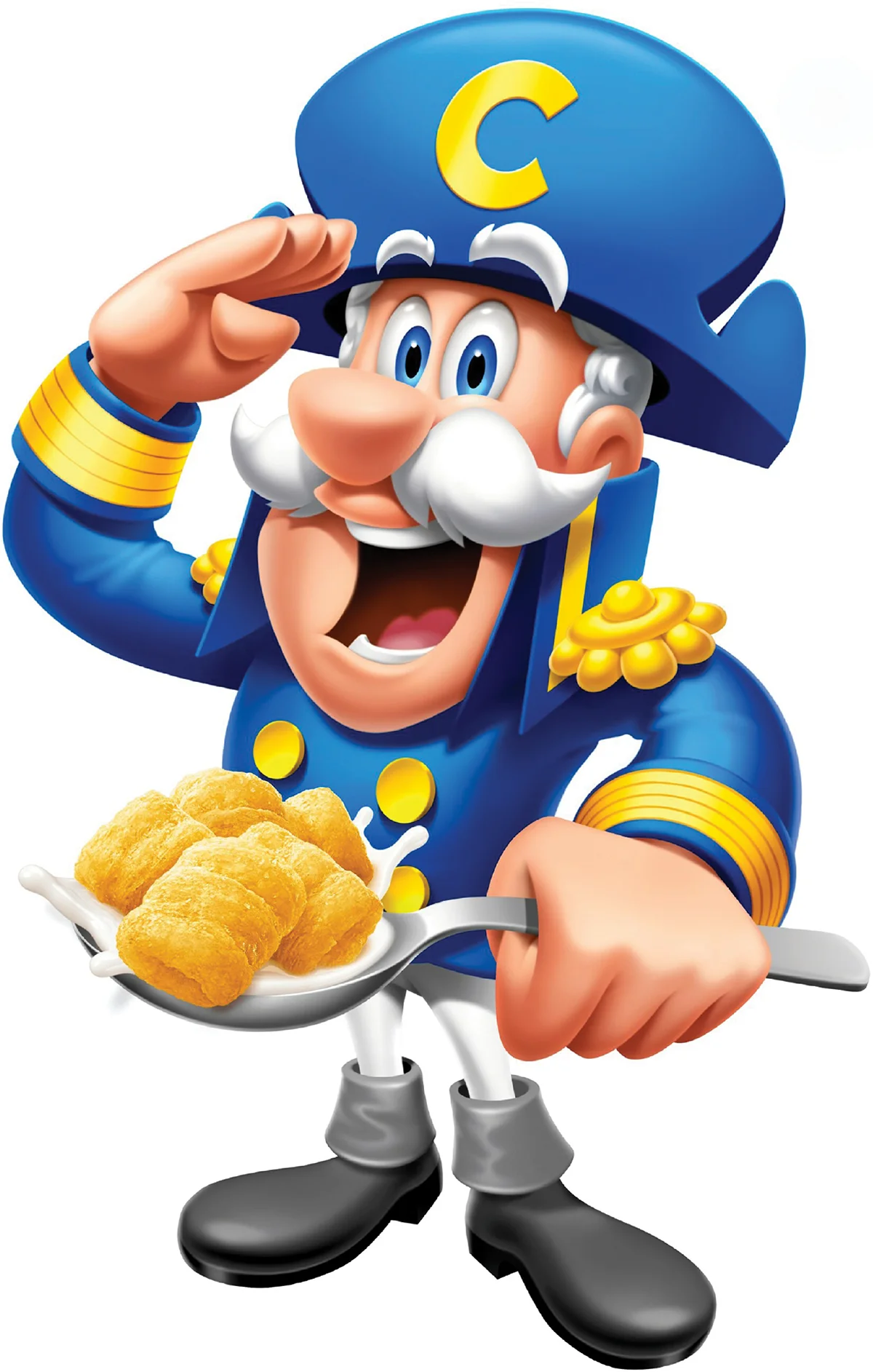
She thought back to something her grandmother used to make: rice with butter-and-brown-sugar sauce.
That idea became the distinct flavor that coats each bite of Cap’n Crunch, which was introduced in 1963.
Low, a New Hampshire native, worked as a flavorist for Arthur D. Little for more than 30 years, and also tinkered with flavors for snacks such as Almond Joy and Mounds candy bars. In 1996 she created a scholarship at UNH for microbiology students. She passed away in 2007.
In a 2002 interview with UNH Magazine, she dismissed the idea that sugary cereals are the scourge of childhood nutrition. “I pooh-pooh that,” Low said. “Give the kids plain cereal and see how much sugar they put on it.”
“Ciao Italia”
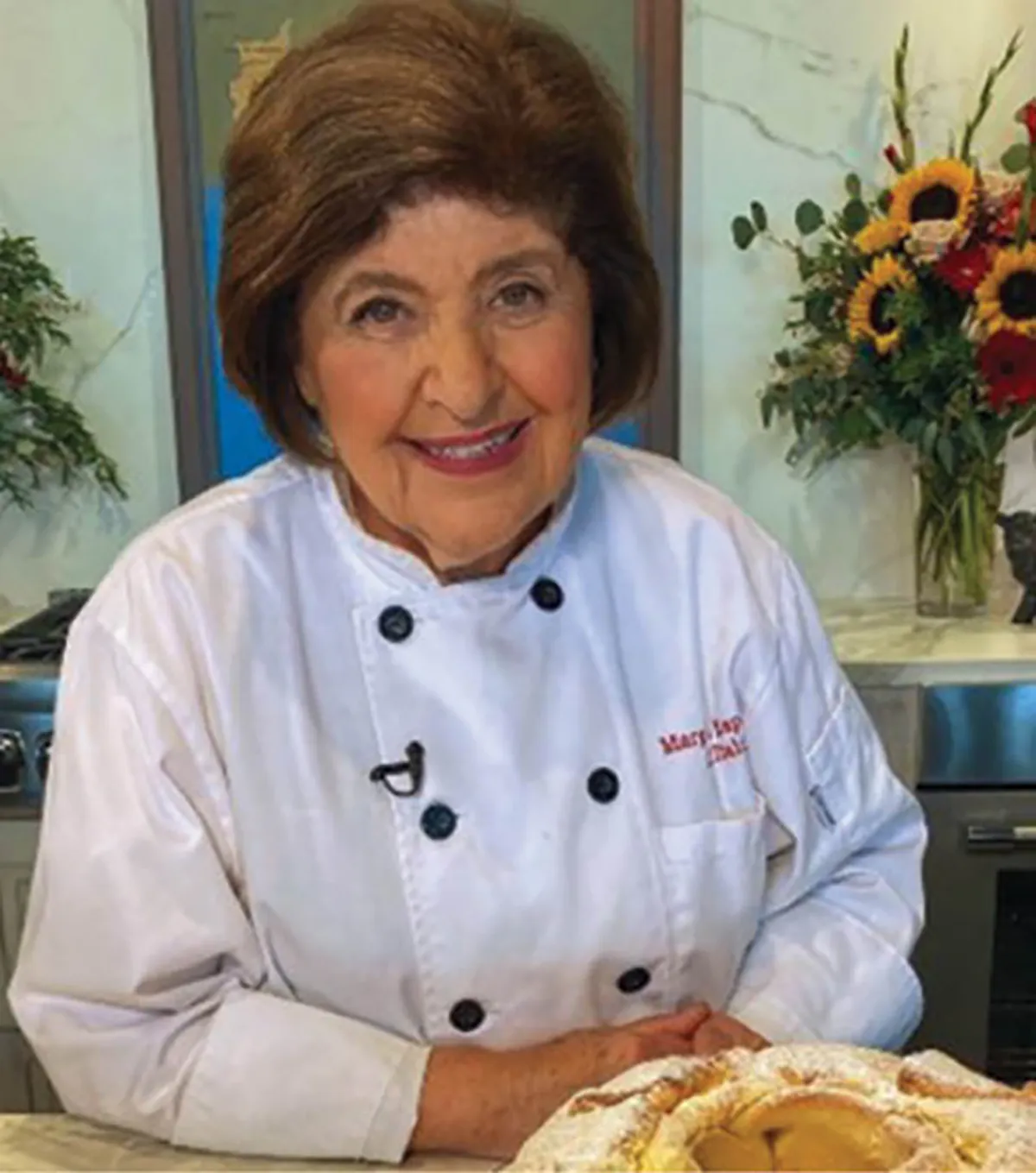
Esposito’s connection to UNH began when she started taking Italian lessons at UNH and enrolled in the Graduate School to earn a master’s degree in history in 1985. According to a previous UNH Magazine article, on one trip to Bologna, she discovered a 14th-century manuscript, “Libro de la Cocina del Secolo XIV,” which translates as “a book of cooking from the 14th century.” It became the basis for her thesis. “I used it to answer questions about society at the time,” she said.
She had also begun teaching cooking classes through UNH Cooperative Extension, and the idea came to her for a cooking show, combining her love of history, the culinary lessons of her grandmothers and her own interest in educating the public. She drew on her experience as a former elementary schoolteacher to speak to the audience: “I can talk to two or 250. I just wanted to explain Italian food to people,” she has previously said.
In the mood for Italian?
UNH in Italy is the only year-round American university program in Ascoli Piceno, allowing students to experience a piece of the real Italy that few foreigners ever see. Participants enjoy an authentic Italian experience while still keeping them well connected to national and European transportation networks.
UNH-in-Italy’s curriculum explores the many dimensions of the Italian food system, allowing students to simultaneously study and experience the country’s food culture and history, agricultural practices and food traditions. Students also have the opportunity to explore concepts related to the sustainability of the food system.
This past fall, student outings included a trip to the Fermo province to visit Pasta Mancini, a farm and pasta producer, to a village in the Marche to learn about sharecropper history, and to an organic winery in the Umbria region.
Learn more: colsa.unh.edu/academics/study-abroad/unh-italy
A Look Back

1893
1919
Delicious Data
Checking in with UNH Dining
Good food, good news
Campus eateries earn high marks for sustainability
HoCo and Philly are climbing the charts: UNH became one of only two universities in the country to have all of its dining halls achieve a four-star rating from the Green Restaurant Association (GRA). Holloway Commons (HoCo) and Philbrook Dining Hall (Philly) earned the organization’s highest ranking available.
Each had previously held a three-star rating, but for the first time cleared the 300-point requirement necessary to attain four stars under the GRA evaluation, which focuses on environmental sustainability in a number of categories. UNH Catering and the Dairy Bar each earned three-star status, as well.
Holloway Commons and Philbrook Hall are the only four-star certified GRA restaurants in the state of New Hampshire.
Tom Kelly, chief sustainability officer and executive director of the UNH Sustainability Institute, called UNH Hospitality “a bright spot in our sustainability work for the last 25 years.
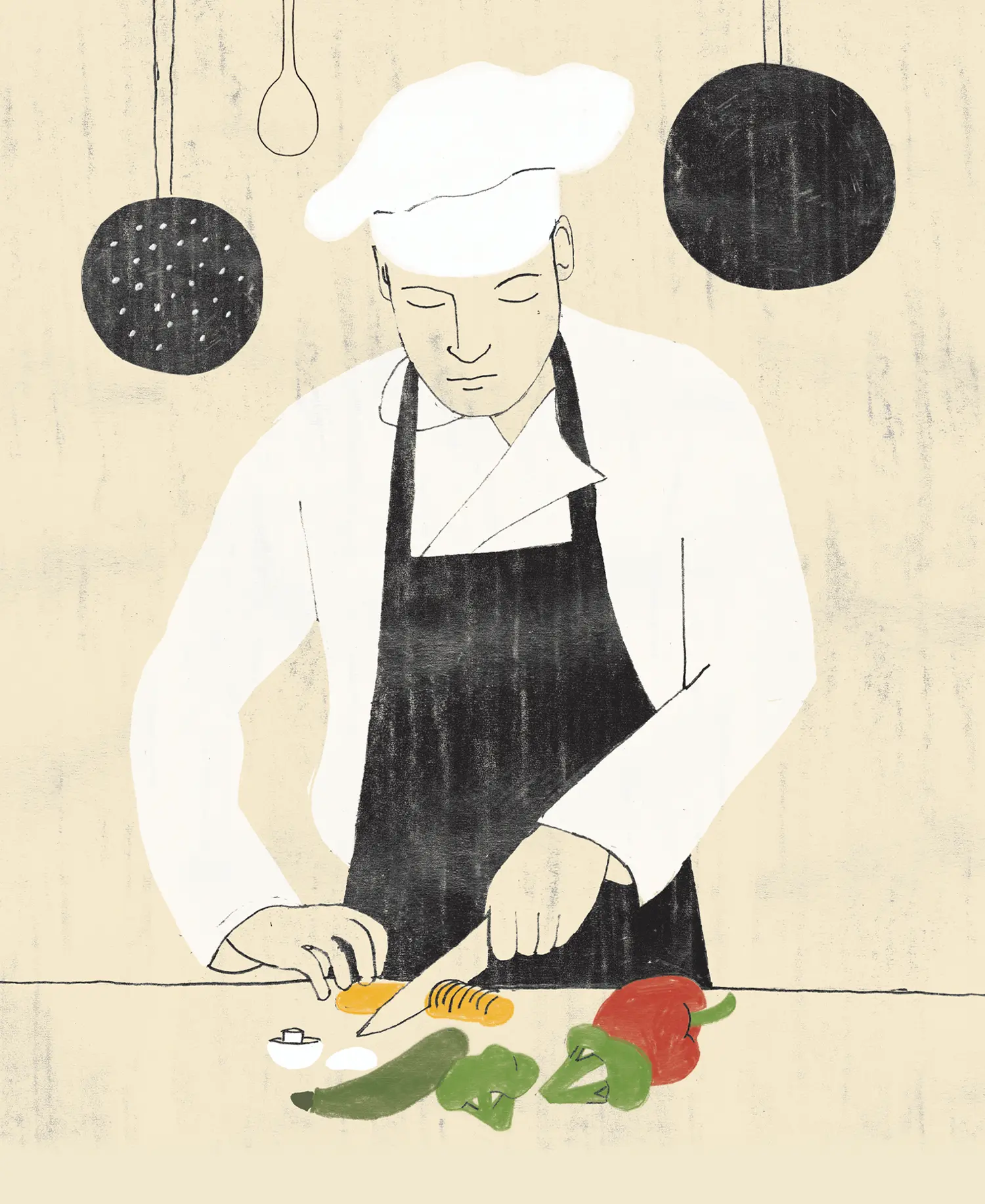
gallons of milk
lbs. of guacamole
eggs used (2022)
pizza doughs
gallons of marinara sauce

President Dean shares updates
Marginalized Communities
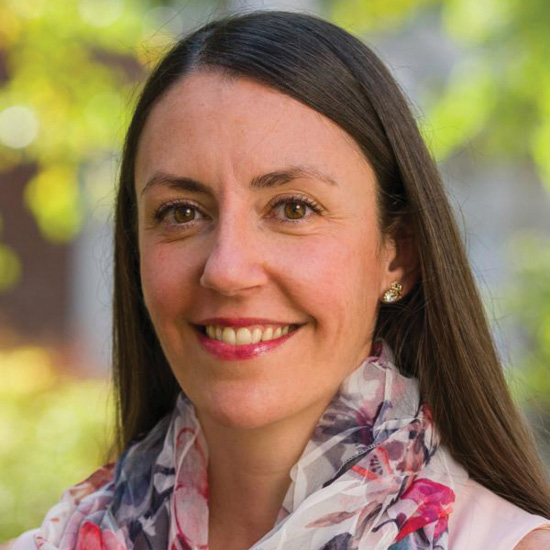
Recipe for Success
Michelle Morrissey ’97
photos by
Alyssa Duncan, Jackie Ricciardi ’97
Jay
McSharry ’90
“I really like the fast pace of it, and the idea that we’re putting on a bit of a show for the night. In a restaurant you’re taking care of people, trying to make their night special … meet their needs before they realize they have them; I love that.”
He’s continued loving it — McSharry, the Jay behind Portsmouth fave Jumpin’ Jay’s restaurant, is owner of 13 other eateries, three boutique hotels, an event space and a specialty food market, along with his wife, Amanda ’08G.
McSharry, who was a 2020 James Beard Award semifinalist, is widely credited as a driving force behind a rejuvenated Seacoast restaurant scene. He has served on the board of The Music Hall, The Chamber Collaborative of Greater Portsmouth, and the New Hampshire Charitable Foundation.
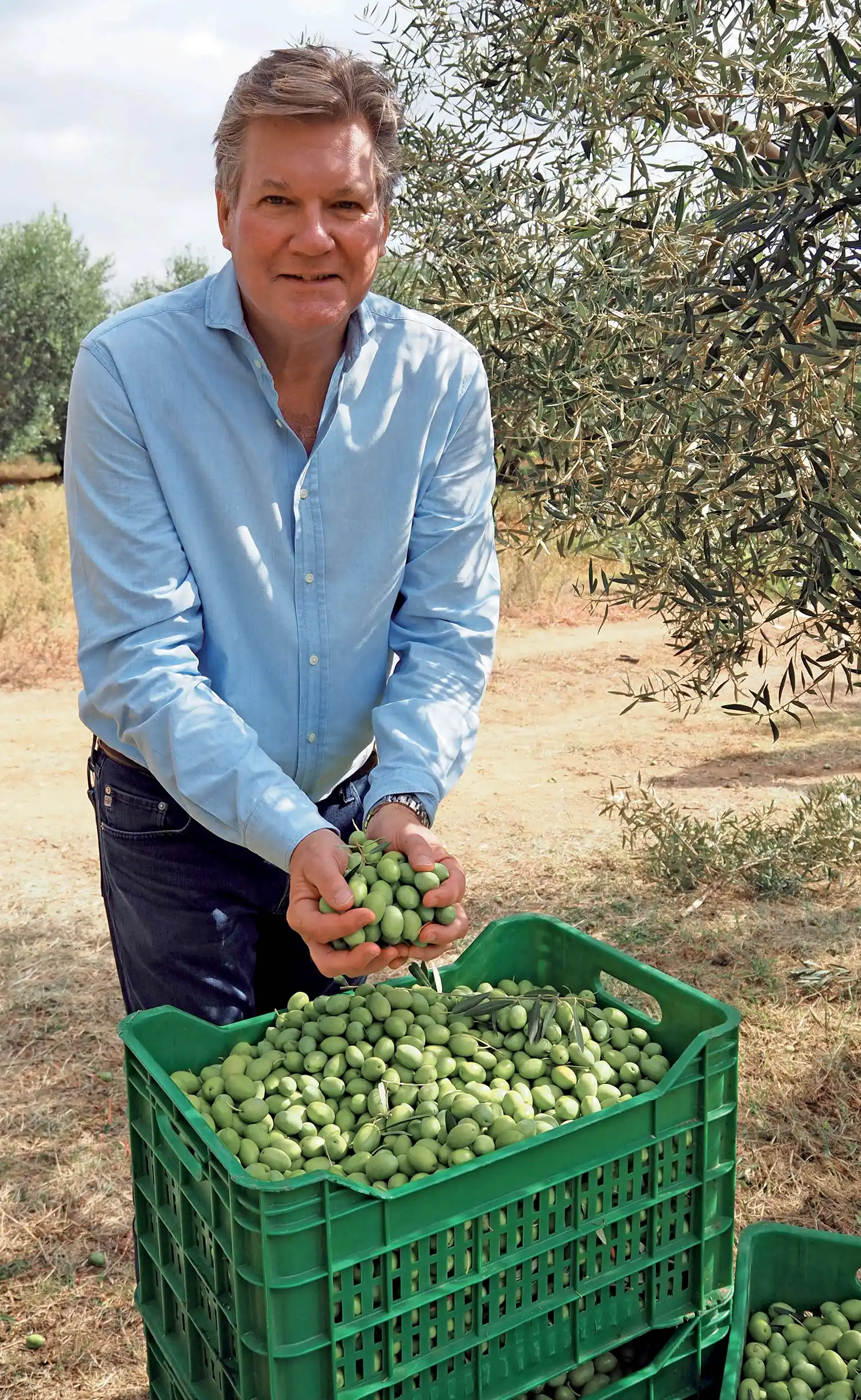
Phil
Meldrum ’79
“There’s an emotional component to food,” says Meldrum. It’s something he realized on one of his early trips abroad. “Europeans have a different experience; they have centuries of traditional production of local food that’s very different than we Americans,” Meldrum explains. “You’ll hear someone say, ‘My local cheese, my local wine is the best in the world.’ There’s a real pride there in their culture and heritage.
“Food is an expression of your experience and what’s important to you and your community. It’s something you are proud of.”
That combination of food, cultural appreciation and honoring agricultural tradition and sustainability is what drove Meldrum to launch FOODMatch, a Mediterranean specialty food importing company, in 1996.
He had a long career in the food industry — from working in restaurants and a gourmet shop in his 20s, to eventually becoming a national sales manager with Hormel Foods.
But a trip to Greece with his wife Chantal in the early 1990s set him on a new path. He was struck by the antiquity and beauty of their surroundings — thinking about the olive trees that had been planted centuries ago, and then sharing a meal with friends around the simple but elegant ingredients of the region.
Beth
Dooley ’77G
It seems she was destined to blend storytelling and culinary skills not only in a career, but as her lifelong passion.
Soon after graduating from UNH’s MFA program in 1977, she and her husband moved to Minneapolis, where she wrote advertising copy for big corporations like Land o’ Lakes, but also started doing a newsletter for a local CSA, something fascinating to Dooley.
She was meeting farmers, learning about weather, soil, and “all of that lead me to wanting to know more,” he remembers.
“I became a chronicler of the local food system, which was so vibrant … there were more natural food crops here than anywhere in the country,” she says. “We’re in an area where you can see the impact of the large food system and the impact of this emerging local food system, as well as the influx of immigrants from farming cultures, bringing with them traditional practices.”
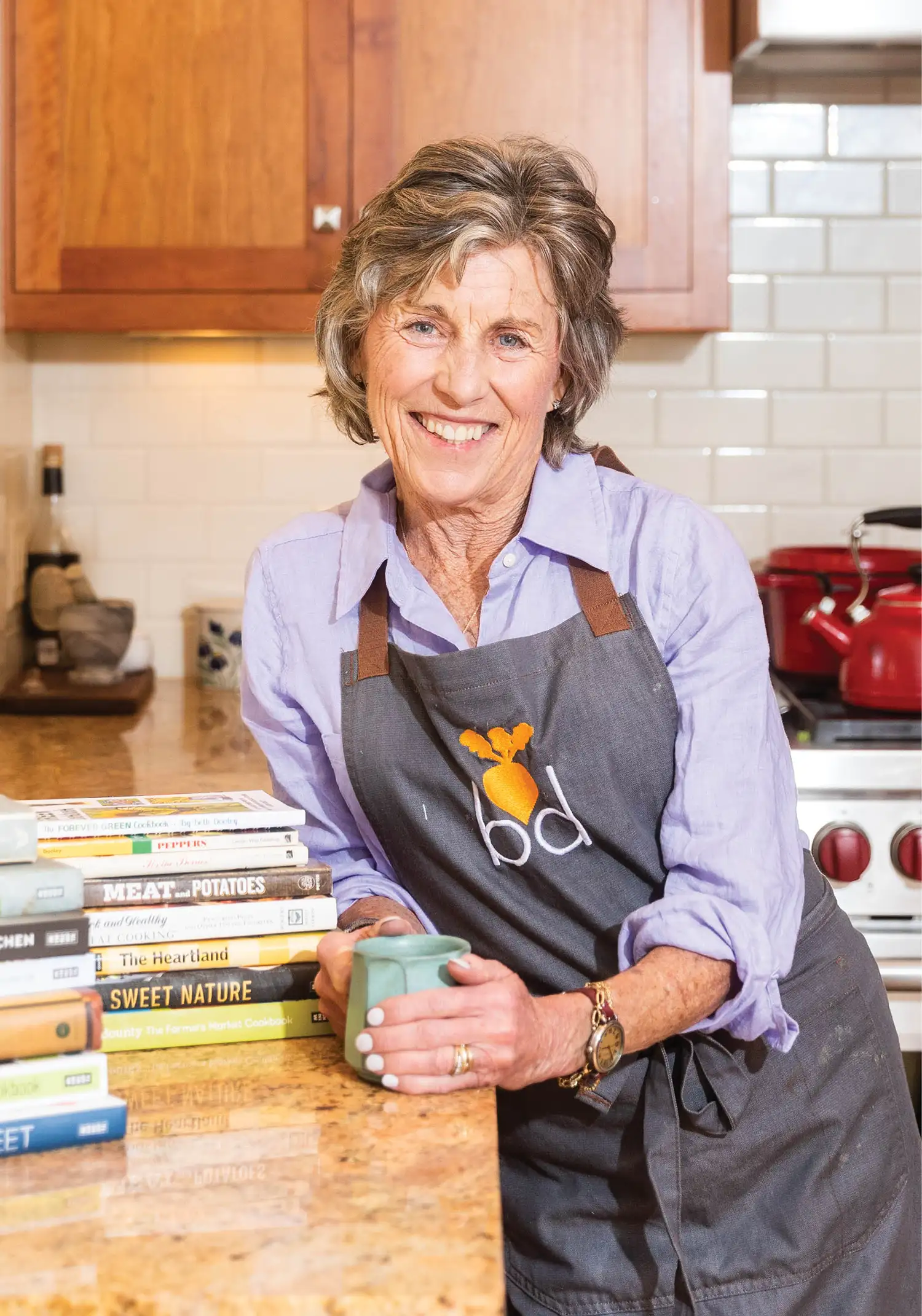
Rebekah
Krieger ’04
She seems a bit distracted, but justifiably so: one of her staff is out sick today, and they’ve just readjusted their hours at Two Bees, so they’re in the midst of figuring out just when the morning rush begins on a typical day. It could be any moment during the interview; she might have to pause our chat.
We offer to do the interview at another time — perhaps in the evening? No-go on that idea; that’s when she’s home with her toddler and baby.
She feels terrible, but accepts the offer to reschedule to another day.
But there’s no need to apologize: Such is the life of a busy entrepreneur, mom, chef, wife and boss.
“A typical day for me moves very fast!” she notes. She arrives each day at Two Bees at 6 a.m., where her morning baker has already been working for the past hour. “I make myself an Americano and get to work,” she says of the morning routine. The next step after the caffeine is the morning bake-off – no, not a cooking-contest show, but the proving and baking off all Two Bees’ pastries for the day, as well as the finishing touches like meringues, different creams and fruit.
Bobby
Wong ’77
And then, after working each Friday and Saturday night, on Sunday he’d be back on the bus, heading north to Durham.
Working every weekend in the family business wasn’t something new to Wong — he saw it as simply helping out the family, and continuing the work he’d been doing since he was 15 years old.
Wong is part of the sibling-ownership of the famous Kowloon Restaurant in Saugus, a decades-long favorite of locals and tourists alike. The landmark restaurant is known for its iconic décor throughout its massive footprint — with seating for roughly 1,200 people in one of its themed seating areas like Tiki hut booths, a faux shipwreck, or in any of the three bars on site.
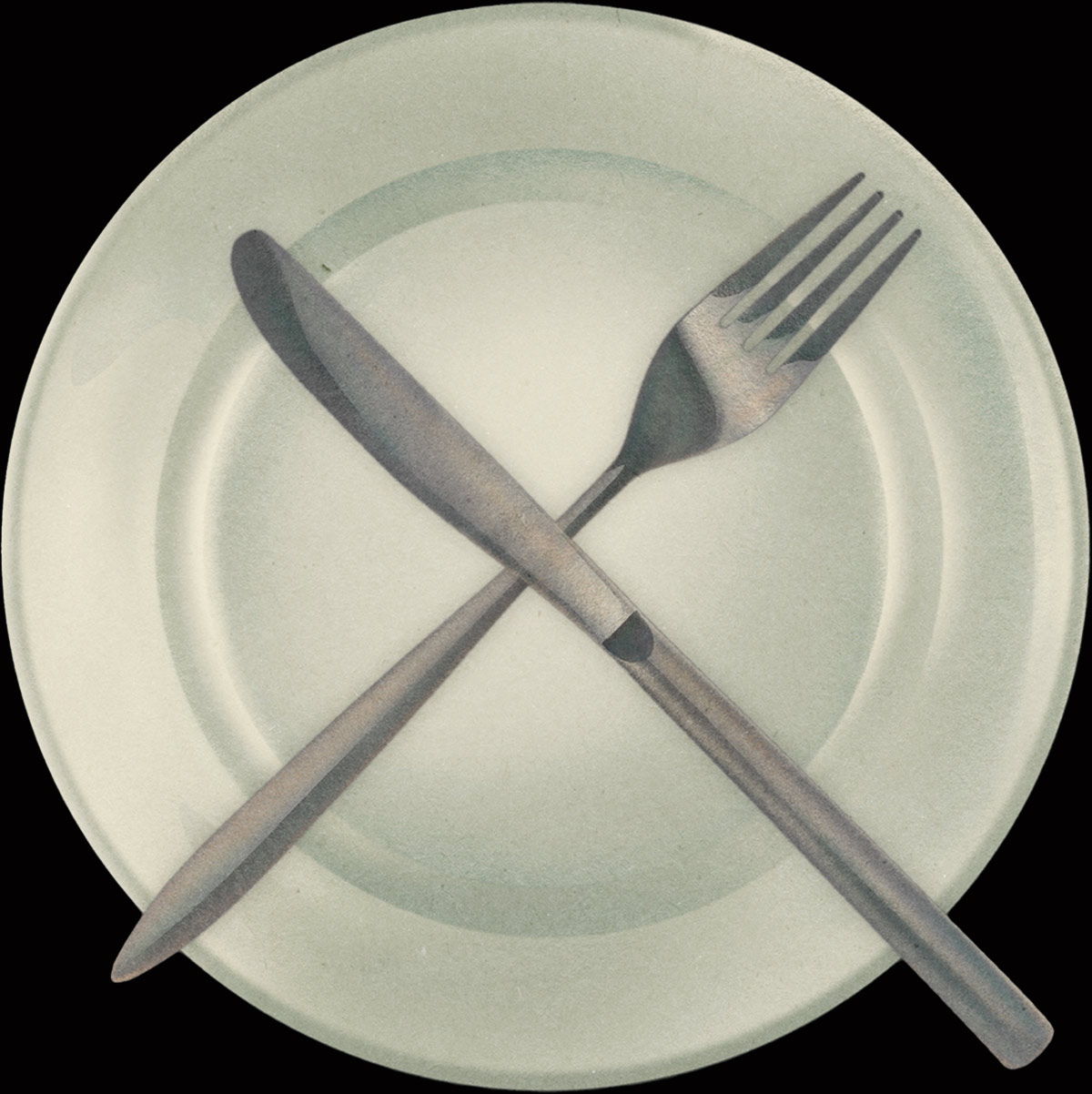
Hidden Hunger

At UNH, the Wildcat community is stepping in to help.
t started with a paperwork error. A small mistake by someone else on a timecard meant that Amelia,* a graduate student pursuing a Ph.D. at UNH, would miss a paycheck. A definite obstacle, but one that Amelia thought she and her family could weather.
But soon after, the family’s monthly health insurance cost jumped by $600; they need coverage for their daughter’s health condition. The effects of that missing paycheck rippled out, and Amelia and her husband quickly found themselves having to choose: gas or groceries? Rent or bills?
“You don’t even realize it’s happening,” Amelia says. “Until you see those questions [on surveys] like, ‘How often have you skipped a meal to save money?’ and you think, ‘Oh wow, that’s me.’”
The Karl’s Phenomenon

Michelle
Morrissey ’97
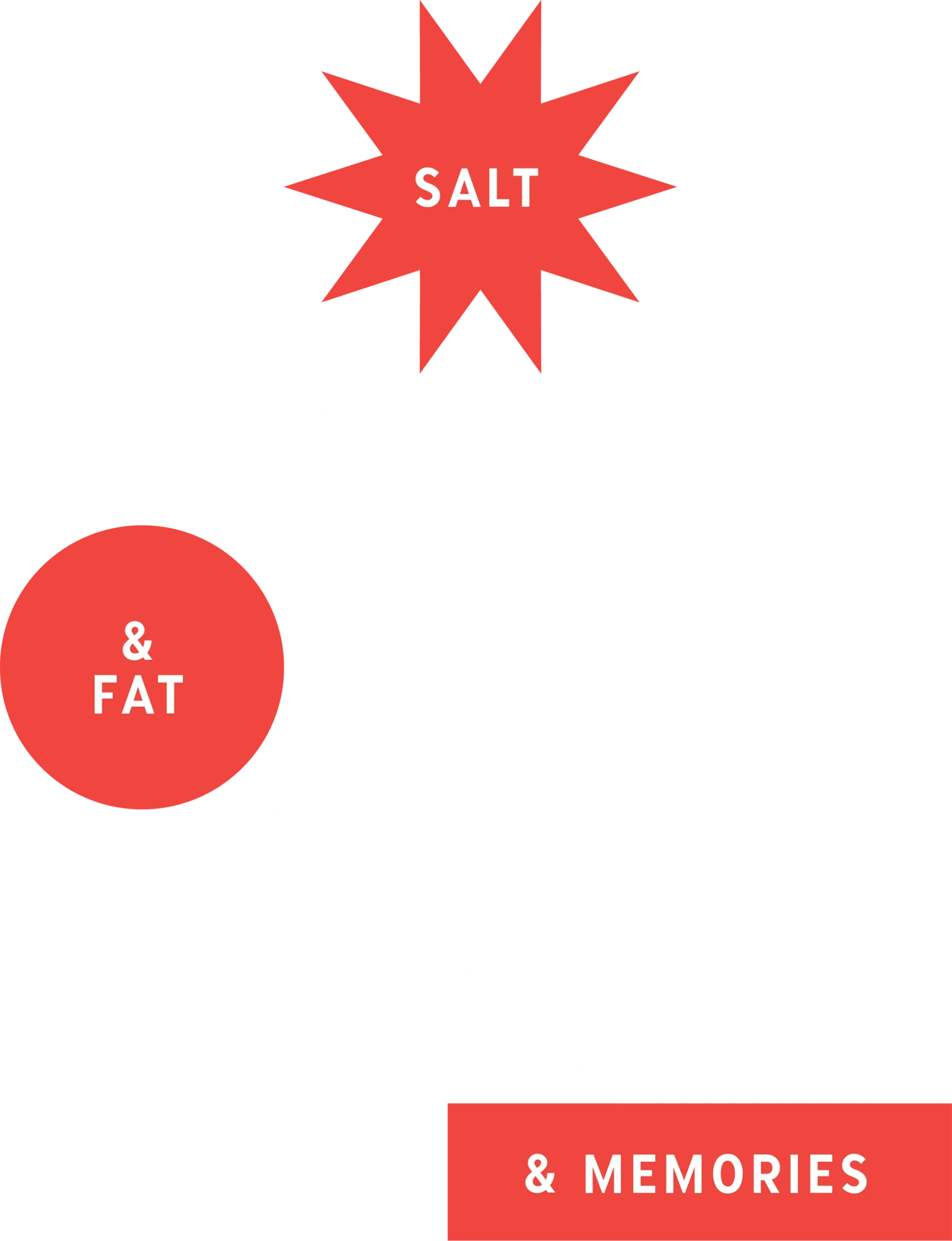

melted cheese sauce
burgers on a sub roll
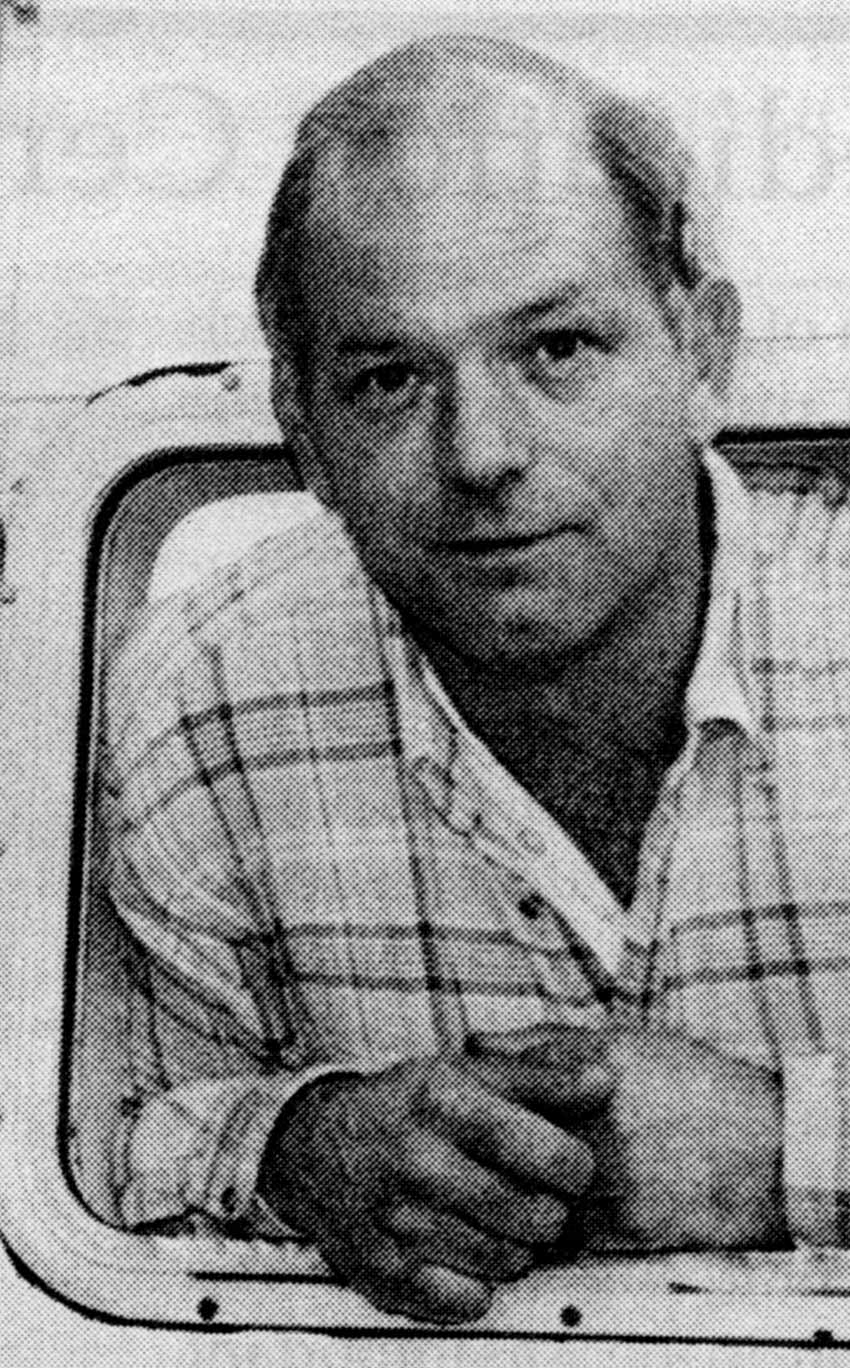
Eve Klotz ’83 ’99G and husband Bill ’74 are offering support to fellow farmers, while dealing with the sunsetting of their own farm operation in Enfield. “For many, the farm is the center of their universe … it’s different than a typical career,” says Eve.
Farmers across America are suffering their own unique mental health crisis. In New Hampshire, UNH Cooperative Extension is connecting them to support.
A Growing Need

Emma Joyce
Photos by
Jeremy Gasowski
“If you wake up at 3:30 in the morning to milk cows, can you take five minutes to calm yourself for the day with a breathing exercise? That can become a tool for when you try to go to sleep at night or when you’re having a panic attack,” she says.
Klotz is a mental health care provider. She’s also a second-generation farmer. Although officially retired from her full-time job at Northern Human Services, today she’s on the phone with a farmer in need of support as part of a UNH Cooperative Extension program.
The (Selfless) Queen of Selfies

Claire
Sasko ’23G
Selfies by
Cari
Moorhead ‘99Ph.D.
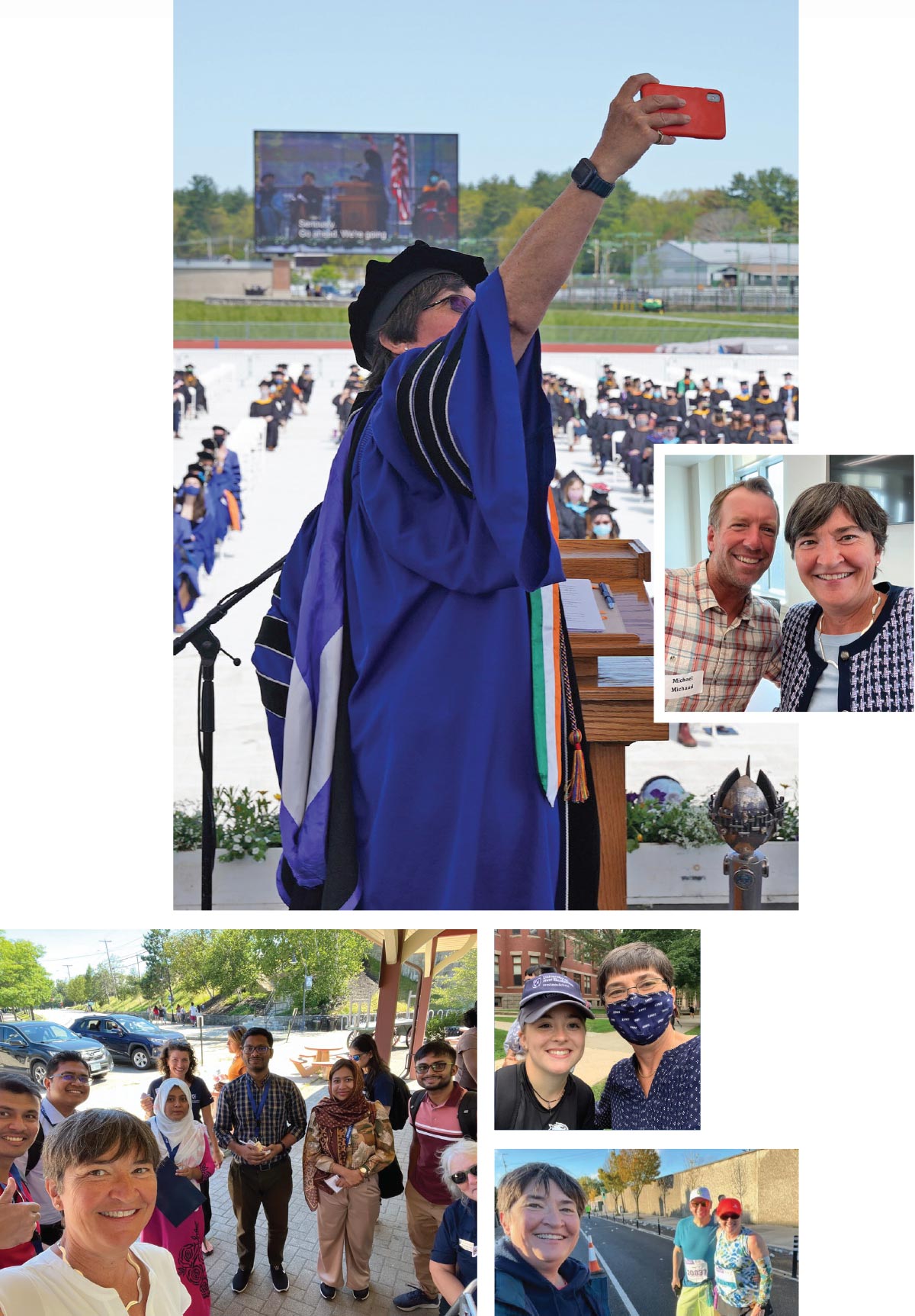
“I went for advising help late at night, and she was holding court: there were dozens of kids in the same boat as I was,” recalls Caron, then a freshman lost in a bit of first-semester class-schedule confusion. “She explained everything to me and helped me get switched into the right courses. And the next day, when I went to class in a crowd of hundreds of kids, she remembered me. That really struck me from the beginning.”

Athletics Pride
The Whittemore Center, home of UNH Wildcat Hockey, and the Hamel Recreation Center will now join together as the newly formed Key Auto Group Complex — a multipurpose center on the Durham campus.
DiLorenzo’s $4 million gift has already inspired other donors to make significant gifts, and supplements $6 million in state funding. Together, these funds bring the project closer to a goal of $16 million toward improvements.
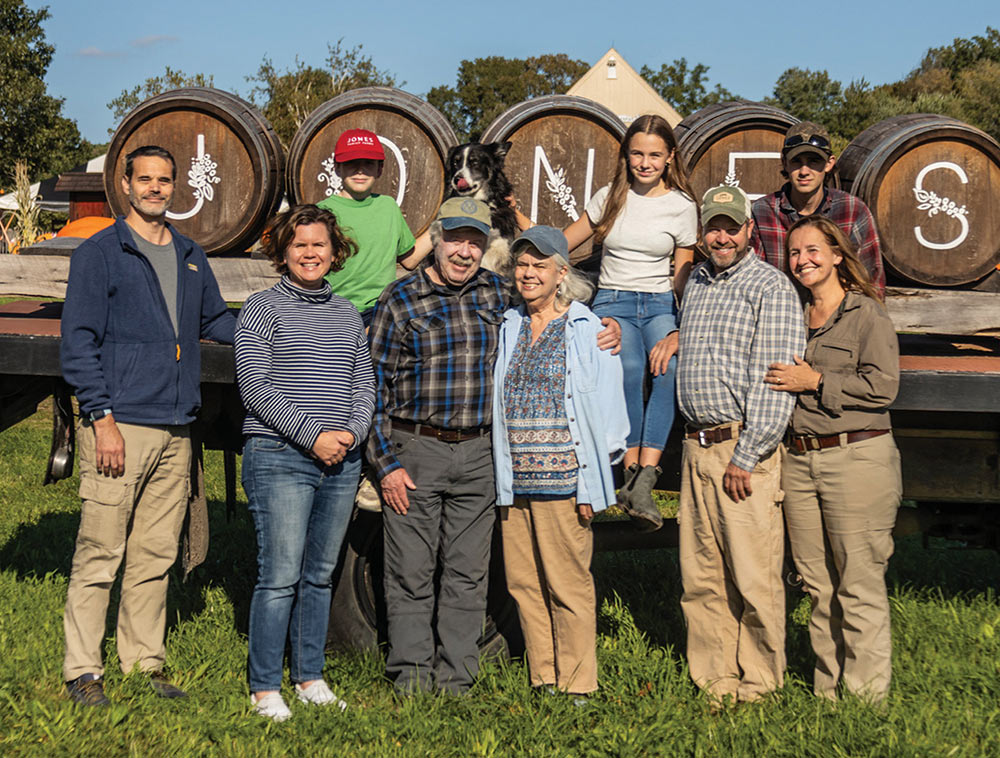
‘Be Good to the Land’
Terry traces the origin of his conservation ethic to his childhood, working on his family’s 500+-acre farm — then a dairy farm — alongside his father and grandfather. As a teen, he sold vegetables on a card table to families coming to their farm to buy raw milk — with proceeds from his sales helping to pay his tuition at UNH.
Alumni News
AN AWARD-WORTHY ACCEPTANCE SPEECH
Read more about Shea and her fellow award winners.
Science in the Kitchen:
Guy Crosby ’64
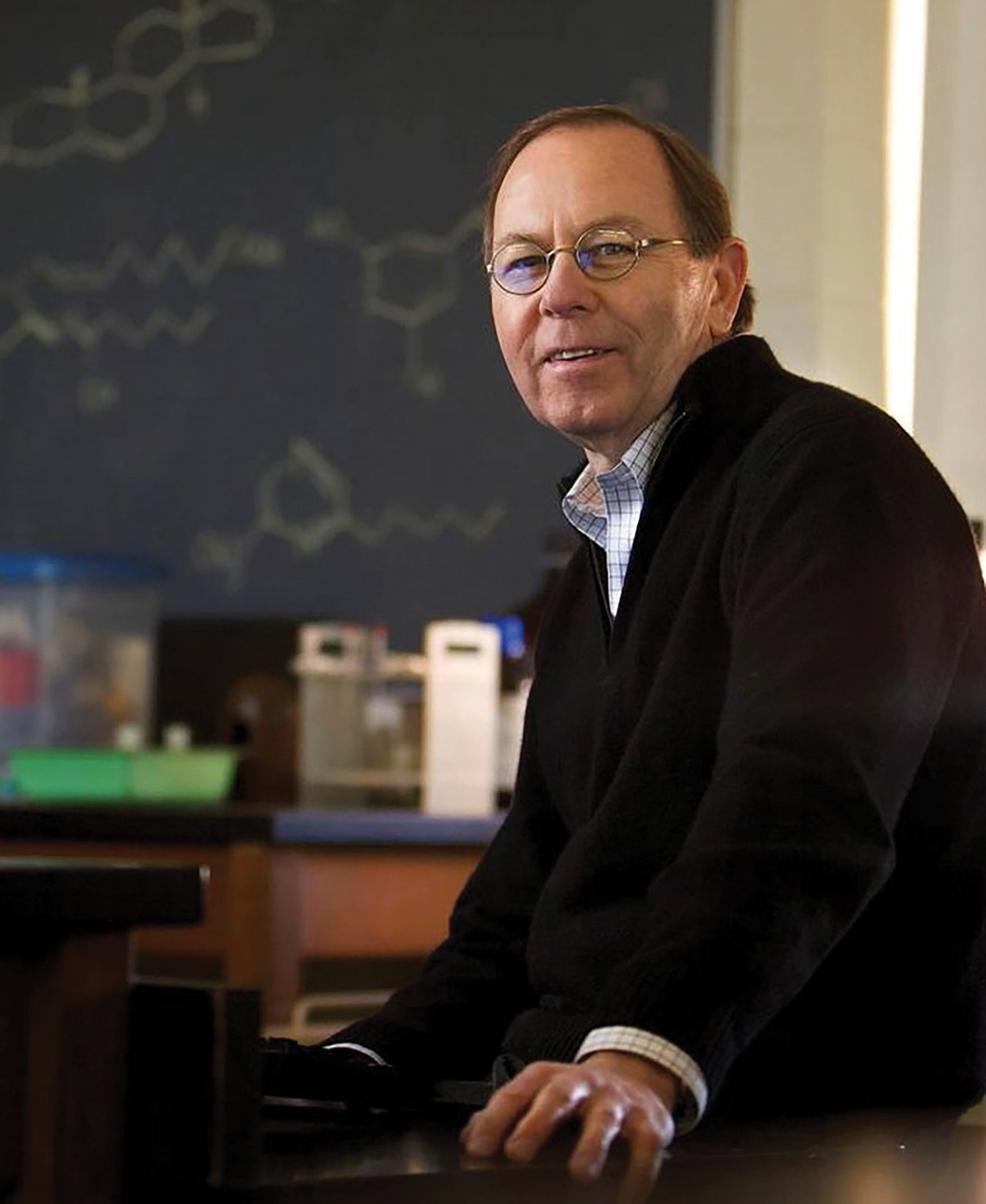
Sound more like a science lesson than dinner prep? For Crosby, they’re one and the same. Since graduating from UNH in 1964 with a degree in chemistry, his career has focused on the science of food — specifically how chemistry plays an important role not only in how our bodies deal with the food we eat but also in the preparation of the food itself.
He’s worked for many years in food-related research and development, and is co-author of the popular Cook’s Illustrated books “The Science of Good Cooking” and “Cook’s Science.” In 2019, Columbia University Press published his book, “Cook, Taste, Learn: How the Evolution of Science Transformed the Art of Cooking,” which toured the history and science behind cooking, from the ability to control fire to modern science’s understanding of what happens at a molecular level when we apply heat to food.
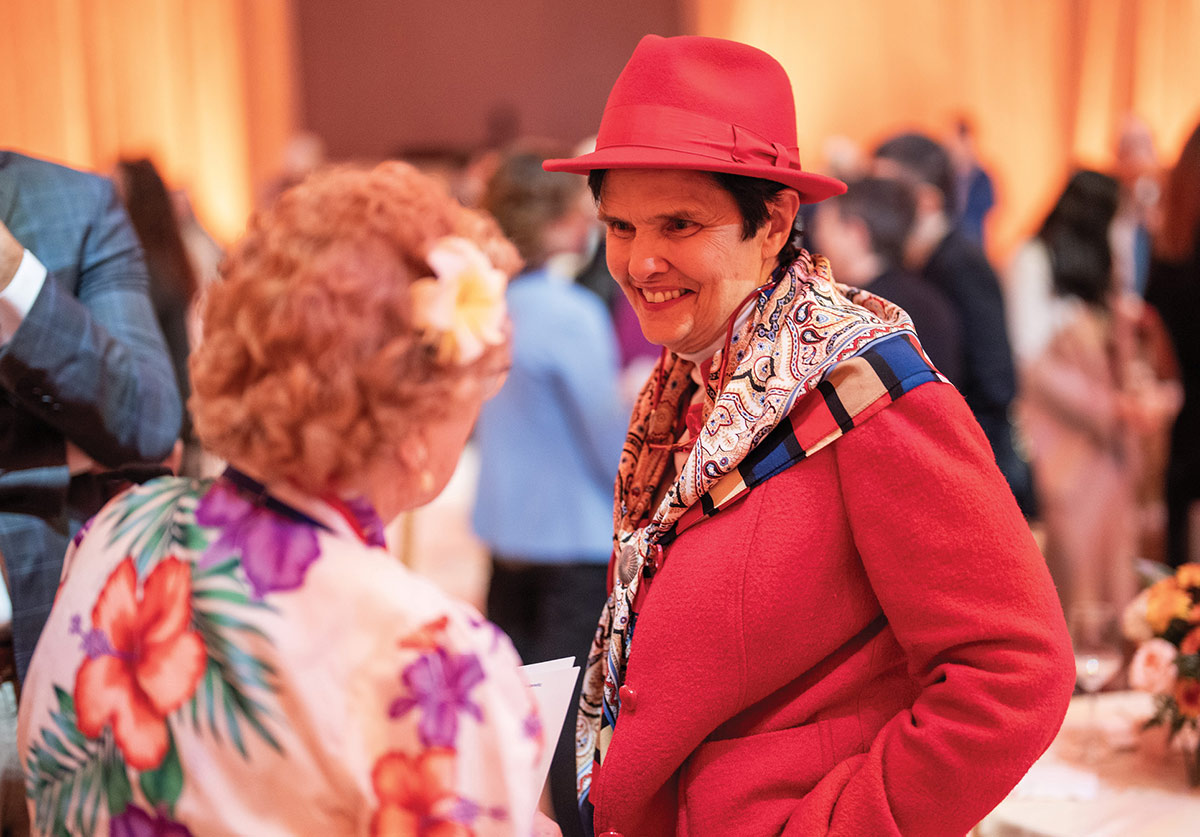
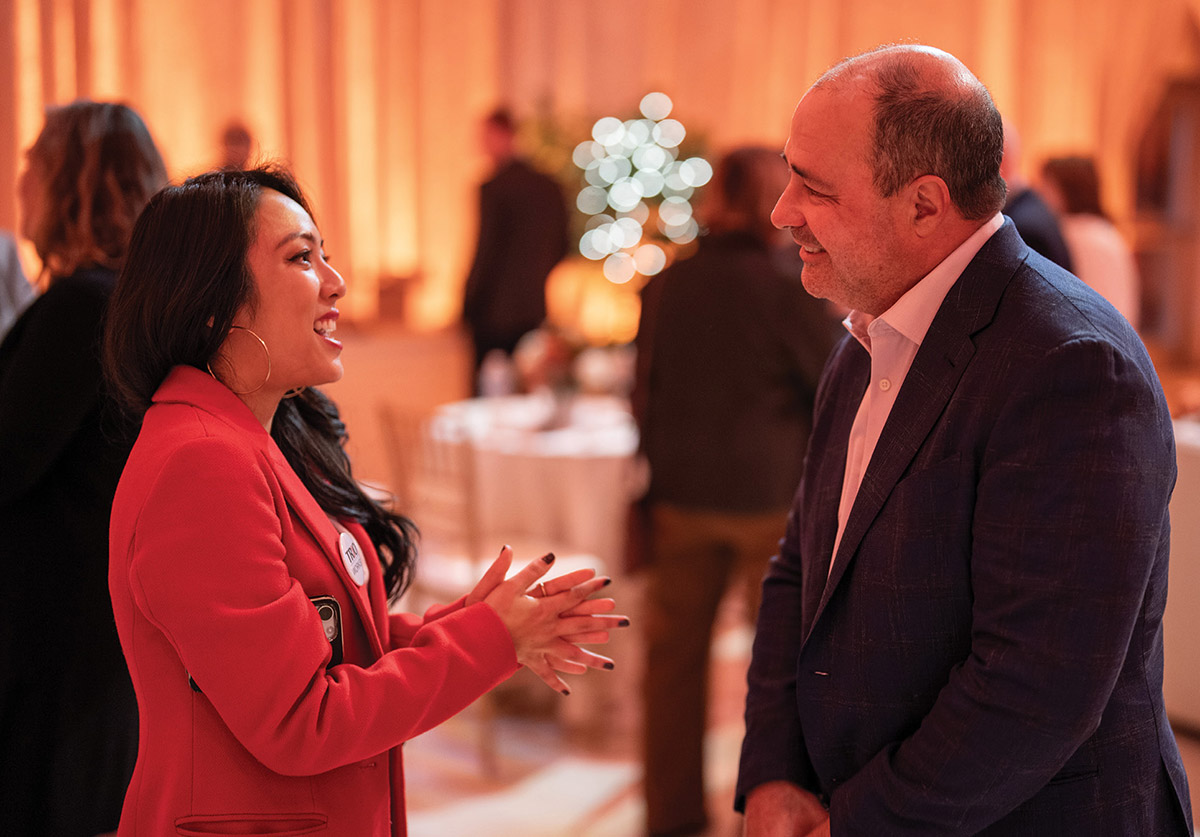
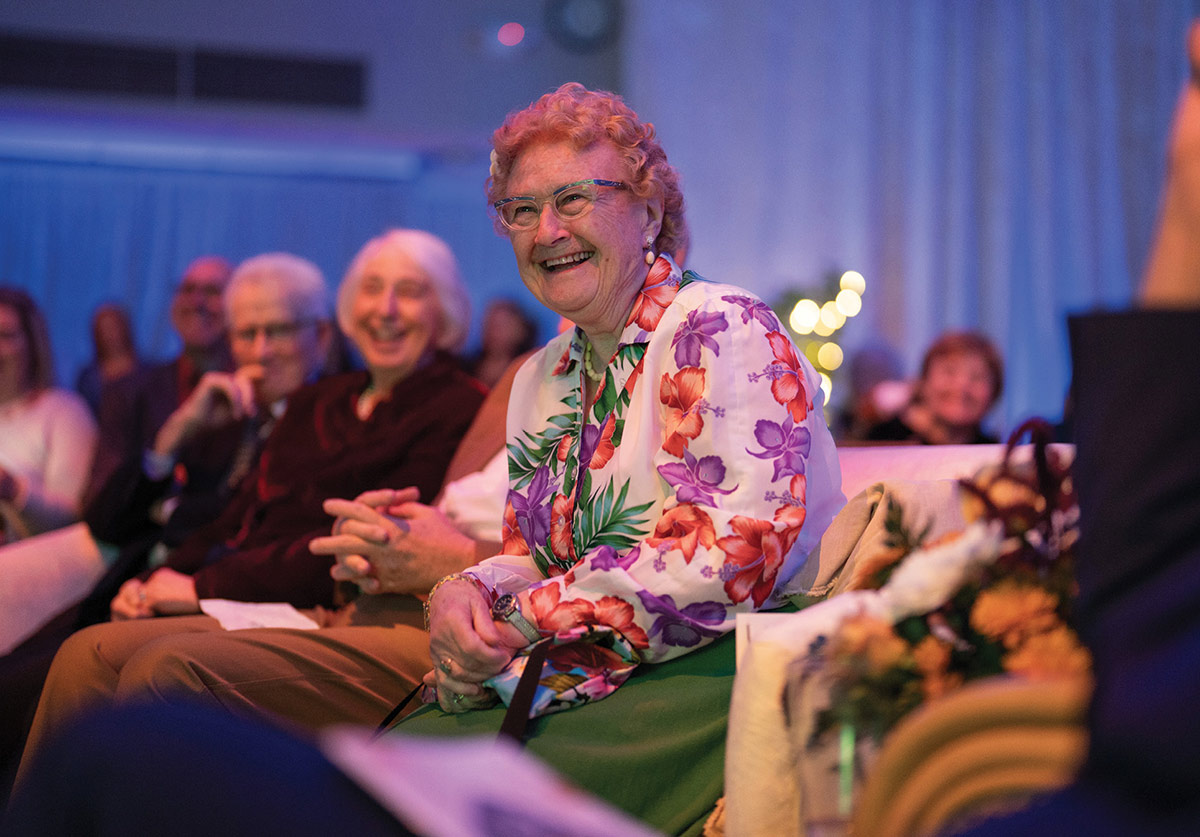
Honoring philanthropy and service
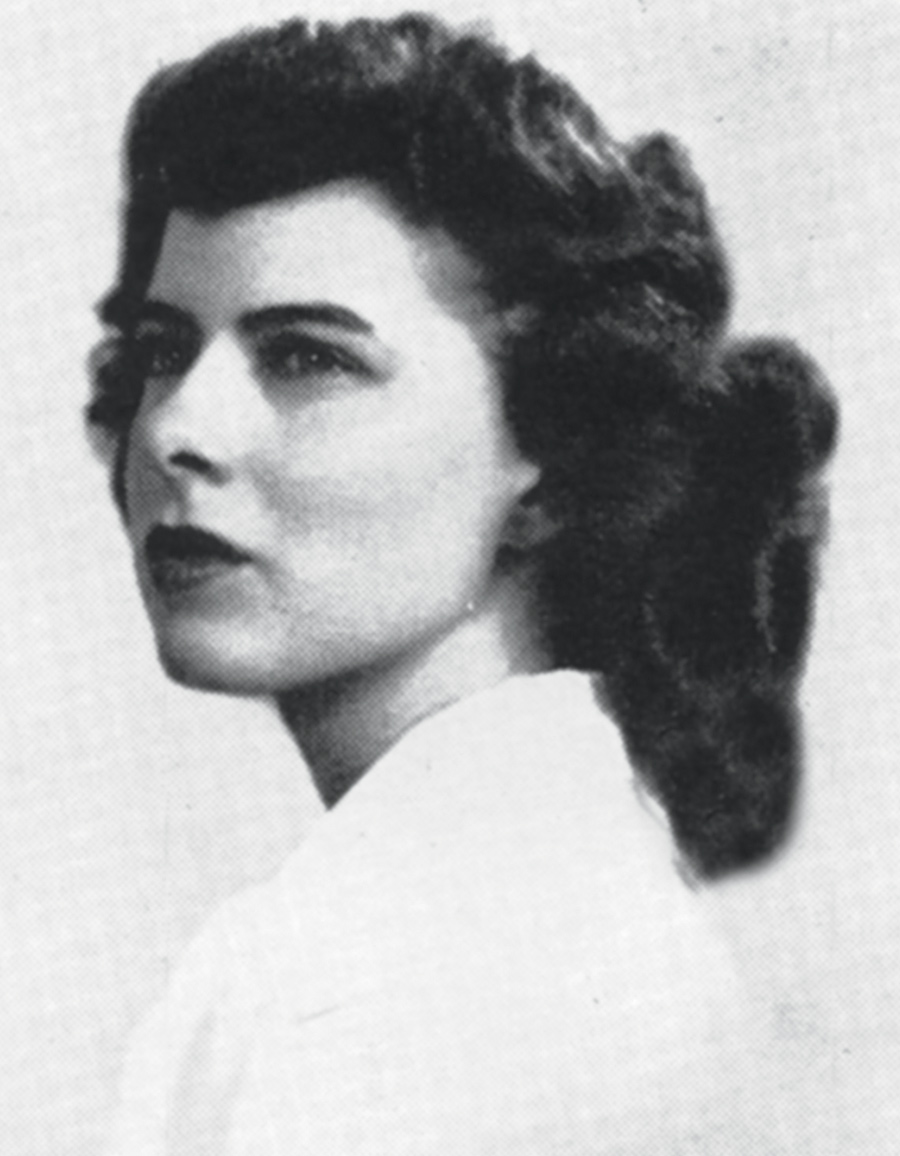
A centenarian weighs in

Because you just never know…
“I was traveling to attend a meeting of the FEMA National Advisory Council leadership team. I arrived at Logan Airport, and as I was about to go through security, I realized that my boarding pass didn’t indicate that I had TSA Pre-Check. I had to go all the way around to the long line and was fully prepared to take out my computer and liquids and take off my shoes, etc. When I got to the TSA agent, he said that I couldn’t go through because the date of birth on my reservation was wrong. Apparently, the FEMA travel agent put in the wrong date. He said I had to go to the JetBlue service desk to see if anything could be done.
“As I walked to the service desk, I was imagining a scenario of missing my flight and not being able to attend the meeting because of a silly mistake. I walked up to the service counter, the young woman looked up at me and without pausing said: ‘It’s a great day to be a Wildcat. How can I help you?’ Turns out she was a 2012 grad and couldn’t be more helpful. It took her about 30 seconds to fix the problem and issue me a new boarding pass with the TSA Pre-Check designation. It’s ALWAYS a great day to be a Wildcat!”
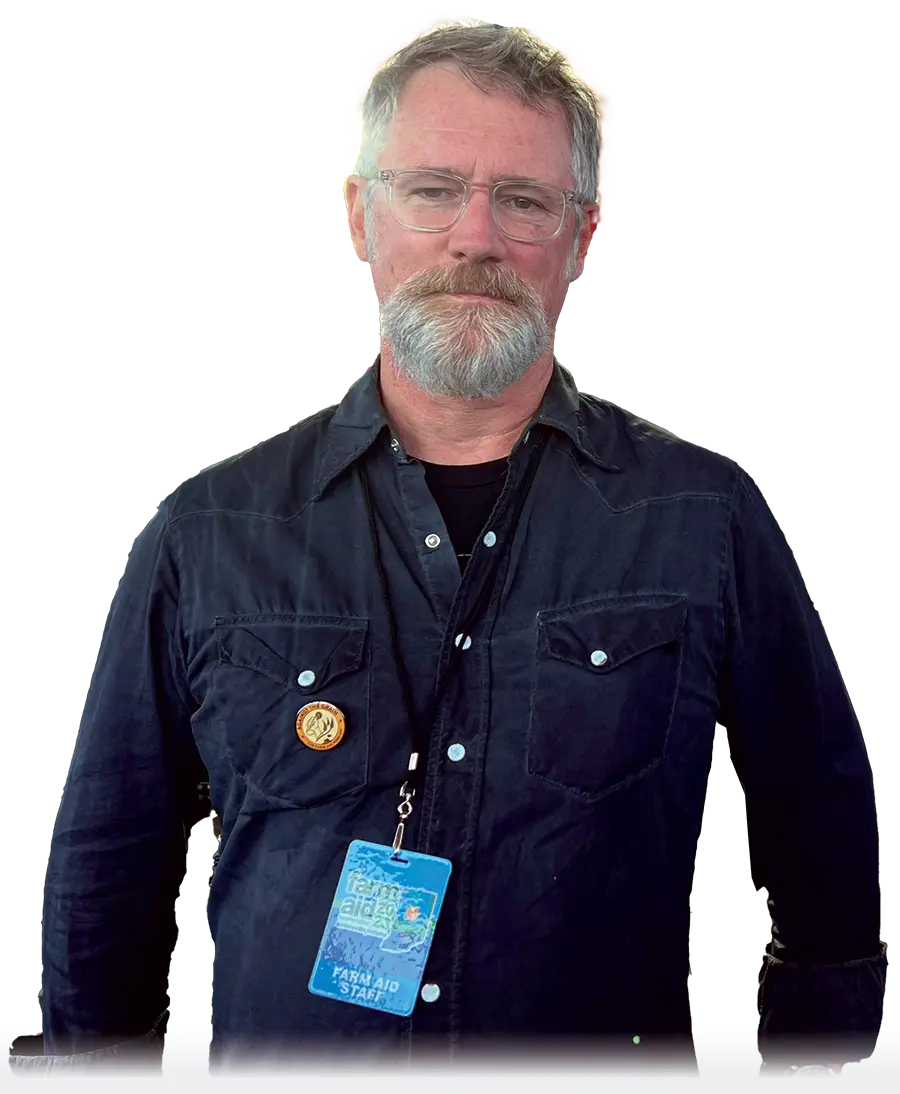
Cultural Impact
Fans have been privileged to a stellar lineup of musicians all day, but Nelson is no doubt the main event – the 90-year-old Country Music Hall of Famer is anchoring the Farm Aid festival for the 38th year.
The stage goes dark — and there’s a problem.
The man holding a guitar in the center of the stage doesn’t have two long braids or wear an iconic red bandana. Audience members look at each other in confusion. Where’s Willie?
A low, gravelly voice starts to sing.
Durham to D.C.
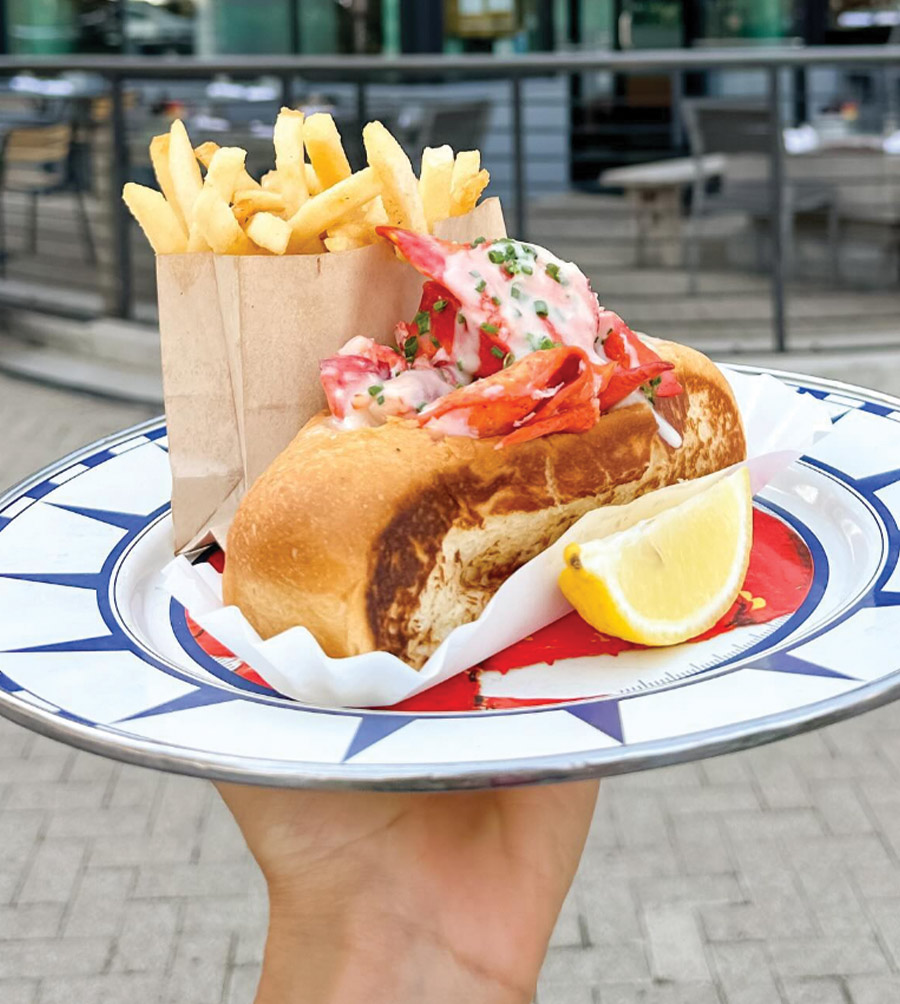
After working with Marriott International for more than three decades, Stu Damon ’78 co-founded Star Restaurant Group (SRG), currently operating D.C.-area restaurants like Chicken+Whiskey (featuring Peruvian food), The Walrus Oyster and Ale House, which won the title of Maryland’s best lobster roll, Bennie’s Pizza and Vietnamese street food joint doi moi. Damon, who graduated with a hospitality degree from UNH before earning his MBA at William & Mary, is proud to host UNH interns and hire UNH grads to become part of the SRG family. He was back on campus last year guest-lecturing in a few Paul College classes and meeting with students.
Steve Salis, who attended UNH in the early 2000s as a basketball recruit, is gobbling up restaurants and other eateries in the D.C. area — names that Washingtonians will recognize like Ted’s Bulletin, Federalist Pig and Kramerbooks. Salis first made it big as the co-founder of &Pizza, with the first shop opening in 2012. The chain was praised as the “future of pizza” for its fast, casual approach. He’s since sold it and now operates Salis Holdings, the umbrella of his business ventures.
SPEAKING OF LOBSTER…
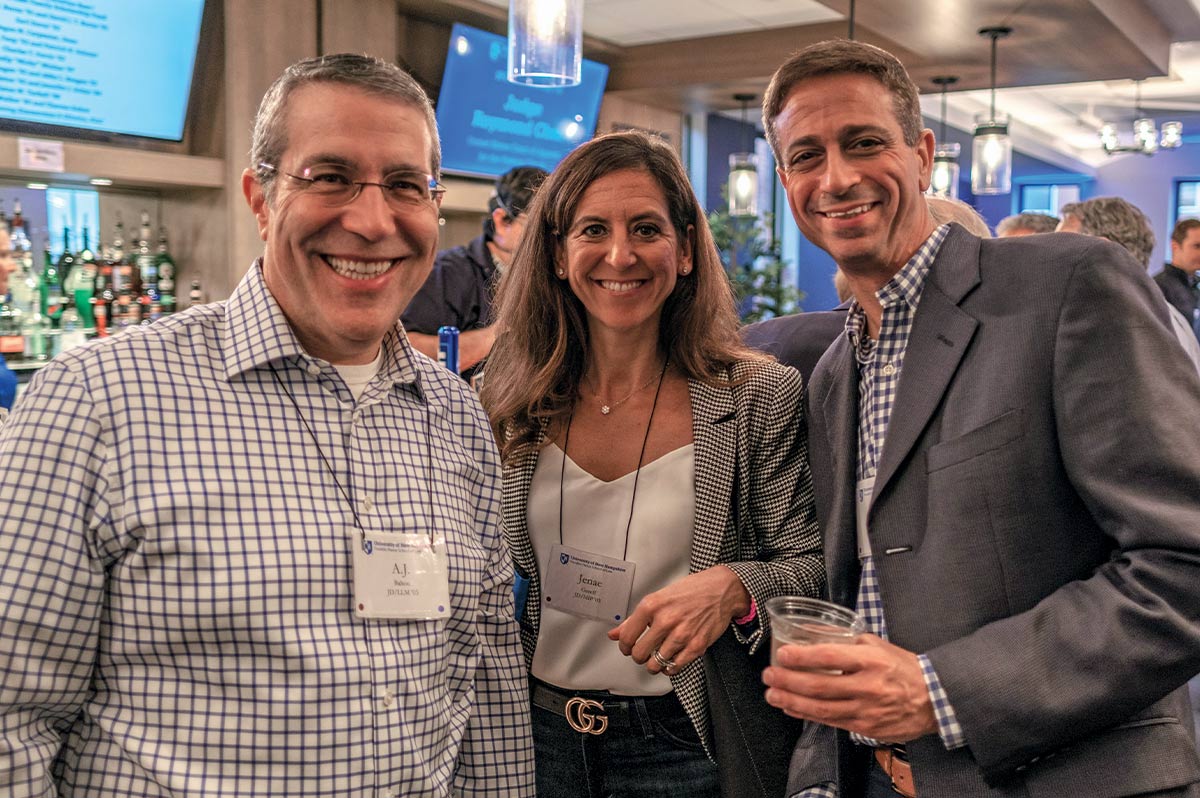
UNH Law celebrates a half century
There was fun (like a video montage of a now-defunct tradition of a faculty talent show) but also serious moments, from distinguished speakers to a memorial service for classmates and faculty who have passed. “We wanted the graduates to come back and be able to experience the feelings they had when they were in school and recall why they love the institution,” says Professor Emerita and Alumni Liaison Ellen Musinsky, one of the primary planners of the 50th anniversary events. “But we also wanted some level of seriousness as well. I think we struck a great balance.”
See full coverage of the weekend here: law.unh.edu/people/alumni
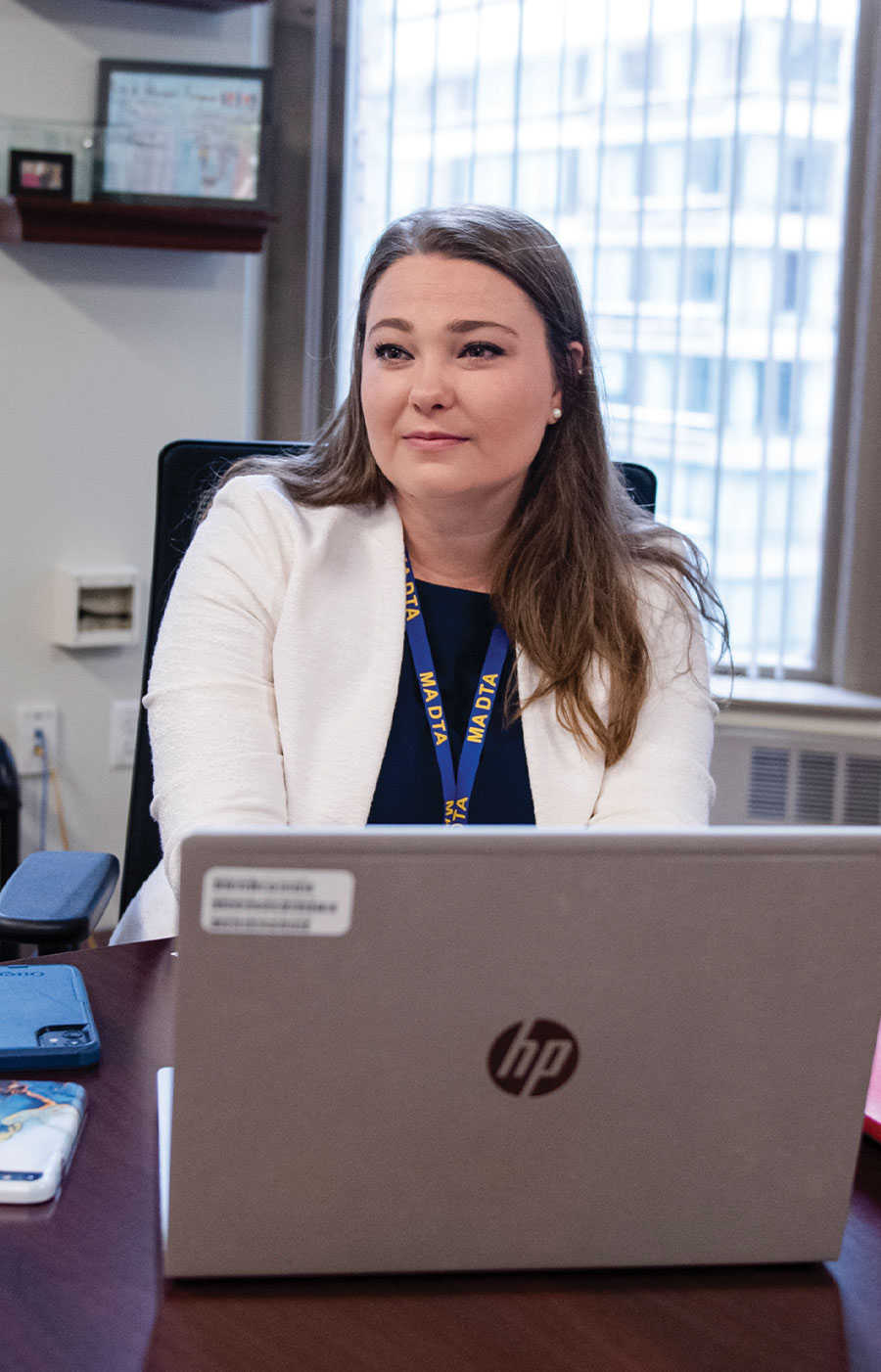
Hunger for Change
Not content to simply share her results, Davidson worked with the UNH faculty and administration to create Swipe It Forward, a program that makes donated money for meals available to UNH students who qualify. Students can scan their fingerprints or use their meal cards to access meal credits that have been donated to the “swipe bank.”
Class Notes
1947
1951
Bright Shall Thy Mem’ry Be: In Memoriam
Gary R. O’Neal ’73
He soon made the mill more environmentally friendly and improved work conditions. He hung artwork. He organized employee potluck suppers. Workers knew they could count on him for assistance in an emergency. When a devastating flood in 2005 forced the mill’s permanent closure, Gary helped employees find jobs and put customers in touch with his competitors before devoting himself to his love of theatre that had been obvious since his student days.
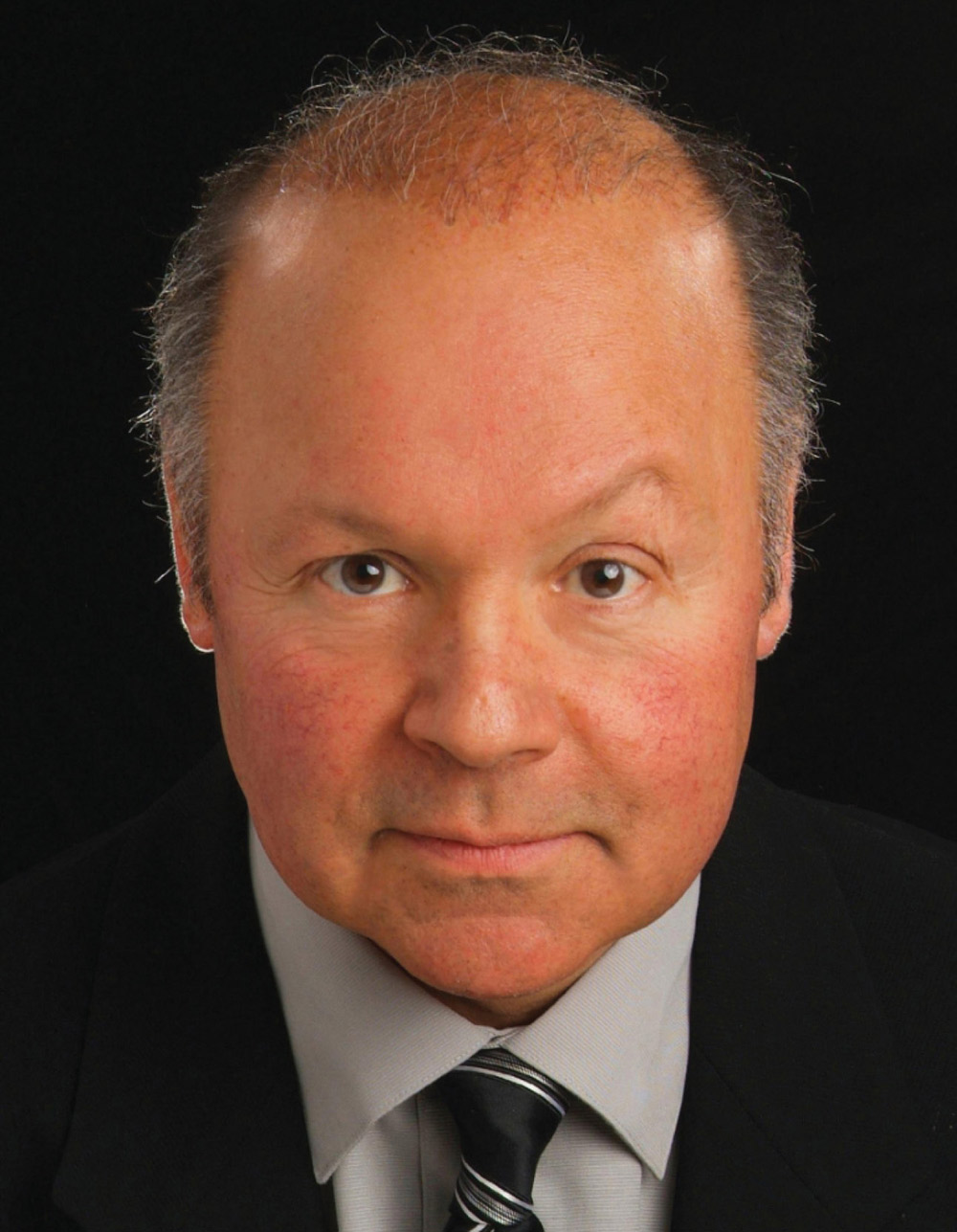
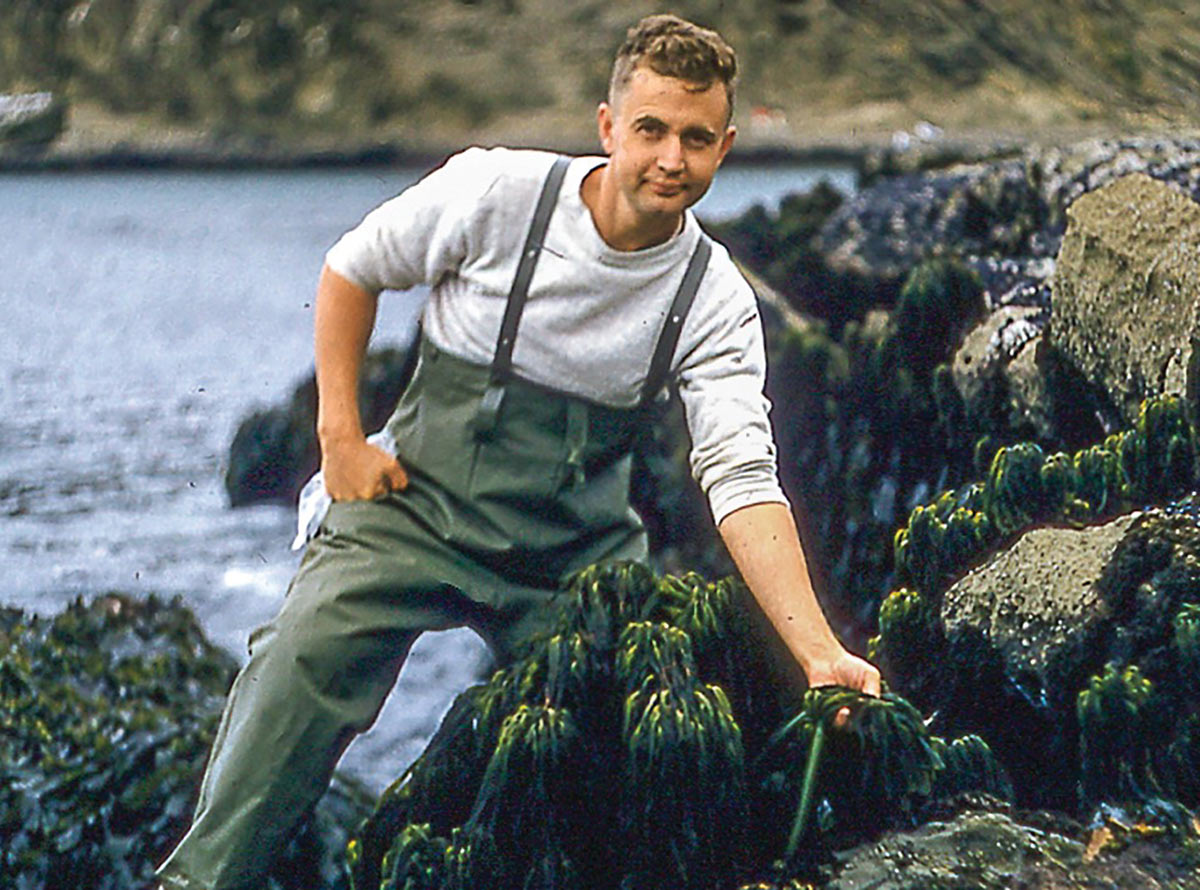
John ‘Jack’ Kingsbury
Kingsbury’s vision for Appledore Island, part of the Isles of Shoals chain of rough, rocky islands off the coasts of New Hampshire and Maine, allowed undergraduate students studying marine science to become hands-on researchers at the Shoals Marine Laboratory — a seasonal field-station collaboration between Cornell and the University
of New Hampshire.
Fifty years after its founding, students still spend their summers at Shoals Marine Laboratory, and alumni still participate in learning vacations, conducting studies on the island and on the lab’s research vessel, the John M. Kingsbury — his namesake.
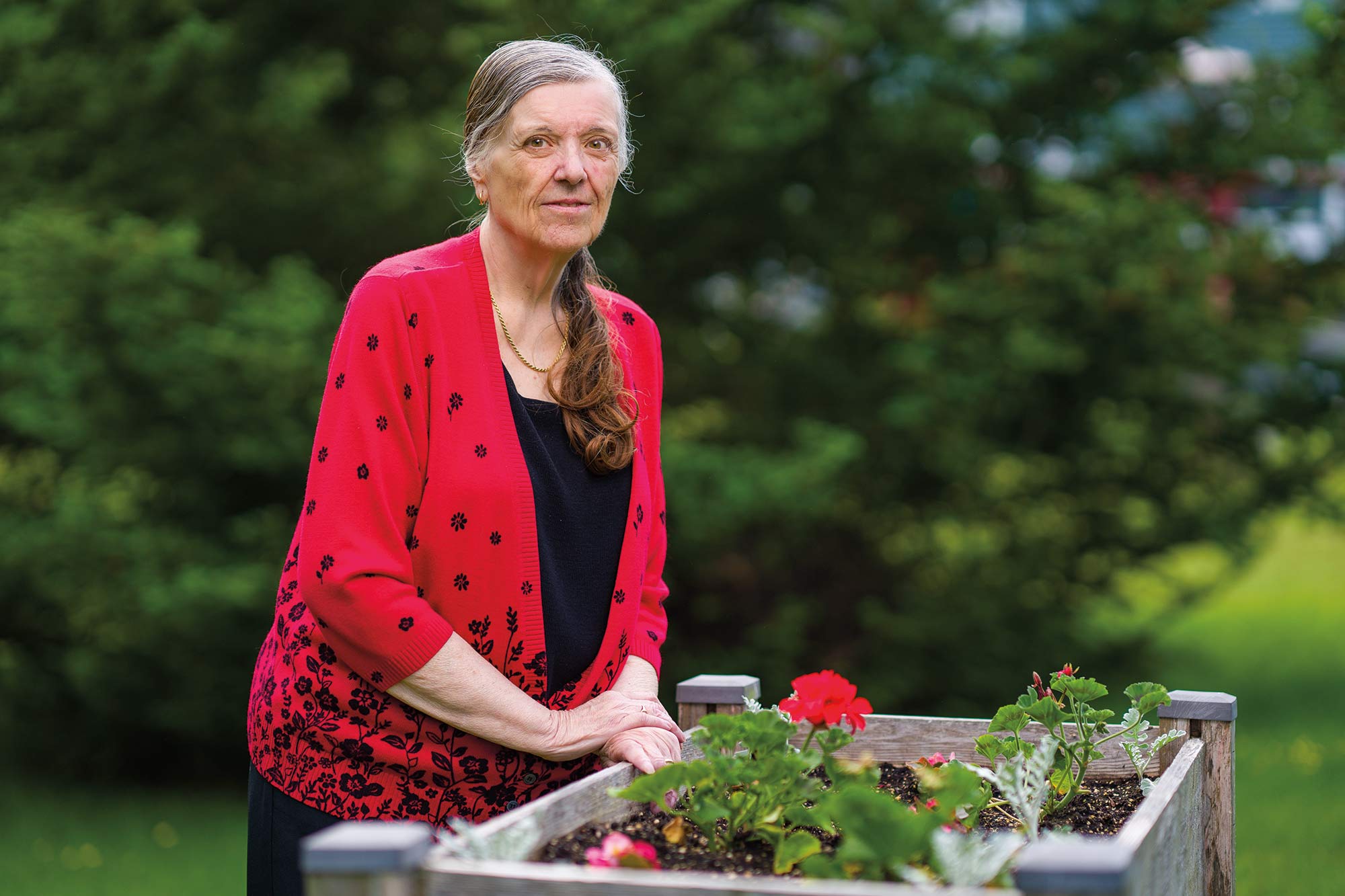
Colette Helene Janson-Sand ’69G ’80Ph.D.
At UNH, a scholarship she received to study with famous nutritionists at MIT so inspired her that she changed her academic focus from horses to the effect of food on the human body. And when her advisor asked her to help teach his popular undergraduate course Animals, Food and Man, her interest in nutrition as related to diabetes was piqued, and her career path set.
Bright Shall Thy Mem’ry Be: In Memoriam
Faculty & Staff
- Chris Balling IV
Faculty Emeritus
February 26, 2023 - Dennis P. Biggie
Former Faculty Member
March 6, 2023 - William E. Bonnice
Faculty Emeritus
February 15, 2023 - Joanne W. Chadbourn
Former Staff Member
July 7, 2023
1940s
- Donald F. Bent PhD ’48, ’53G
June 20, 2023 - Sylvia-Jane Whittemore Foulkrod ’45
April 27, 2023 - Hope I. Amos French ’43
February 18, 2023 - Mary Williams Jordan ’45
April 27, 2023
1950s
- Marion L. Butson Allen ’59
March 25, 2023 - Barbara J. Potter Barbieri ’58
March 20, 2023 - John K. Barnes ’55
March 02, 2023 - Joyce Hartshorn Beairsto ’58
June 24, 2023
1960s
- Sanford R. Abbey ’66
June 17, 2023 - Thomas R. Agan ’65G
November 04, 2022 - Richard H. Aliotti ’61
June 26, 2023 - Michael G. Aponowich ’69
April 12, 2023
1970s
- David W. Austin ’72
August 09, 2022 - Walter J. Beatty ’72
June 06, 2023 - Henry A. Beaudin Jr. ’73
May 07, 2023 - James J. Cady ’77
March 26, 2023
1980s
- Robert E. Allen ’83
July 01, 2023 - Stephen R. Birrell ’80G
May 17, 2023 - Cheryl J. Boone ’82
March 28, 2023 - John E. Dabuliewicz Esq. ’81JD
April 08, 2023
1990s
- Adam S. Aiken ’99JD
July 28, 2023 - Mark W. Anderson ’91
April 21, 2023 - Sheila L. Bamberger ’96G
April 16, 2023 - James L. Colantuoni Jr. ’90
May 11, 2023
2000s
- Seth P. Berman ’03
March 22, 2023 - Jenna M. Carruthers ’05
July 07, 2023 - Robert E. Donohue ’09G
April 26, 2023 - Douglas E. Flanders ’00
July 11, 2023
2010s
- John R. Curl-Larson ’18, ’24G
June 01, 2023 - Morgan J. Desilio ’10
March 24, 2023 - Michael K. Howard ’10
April 03, 2023 - Heather A. Mamos ’13
June 26, 2023
2020s
- Diane M. Chobanian DeVries ’20
February 11, 2023
Sound Bites
What campus restaurant do you miss the most?

